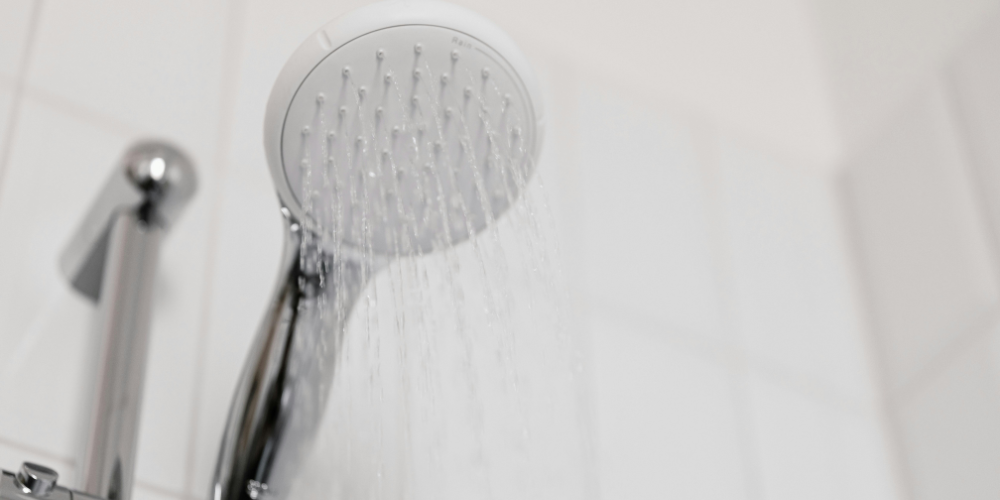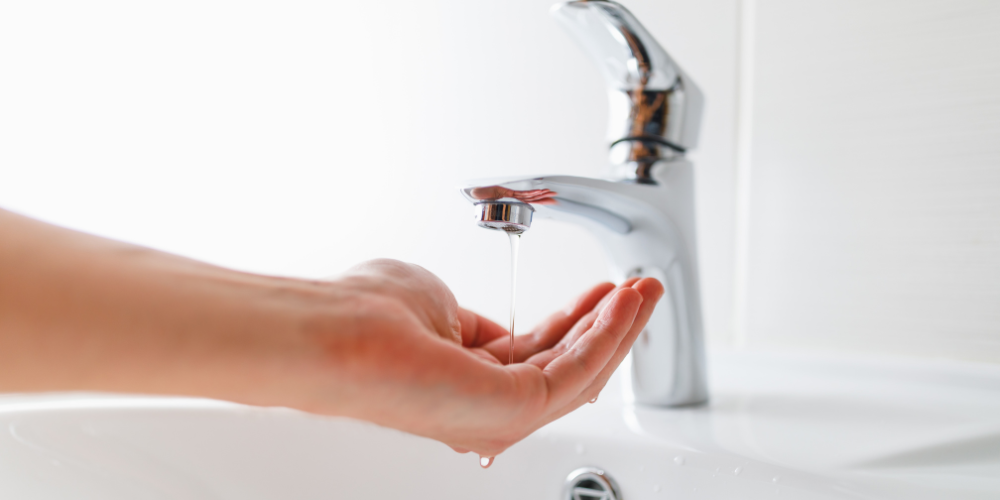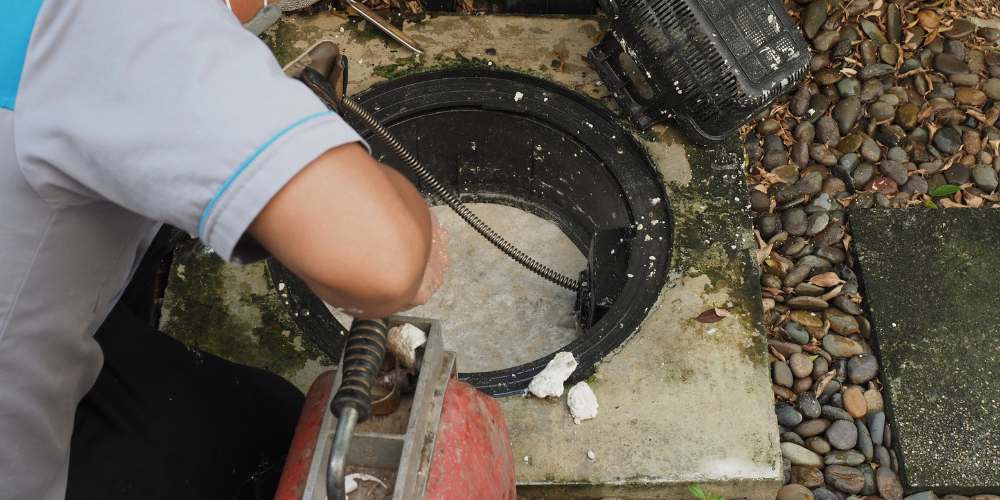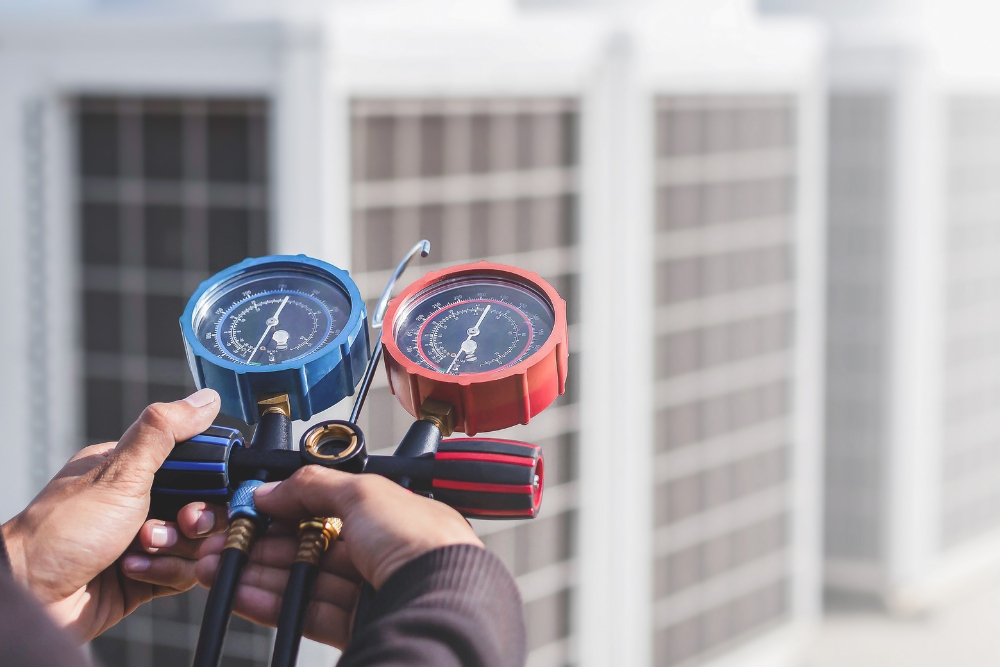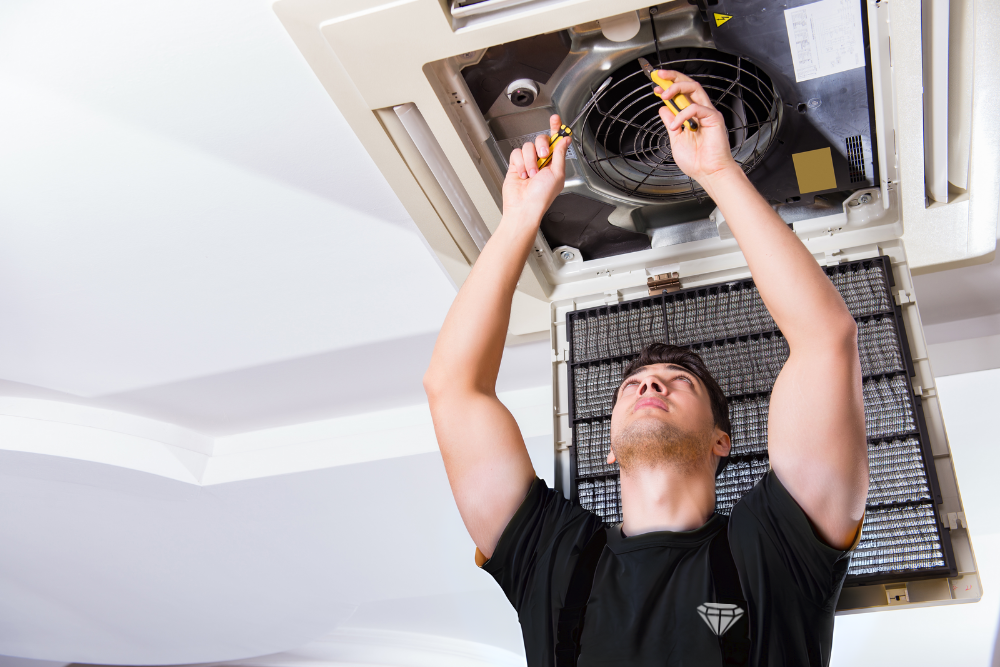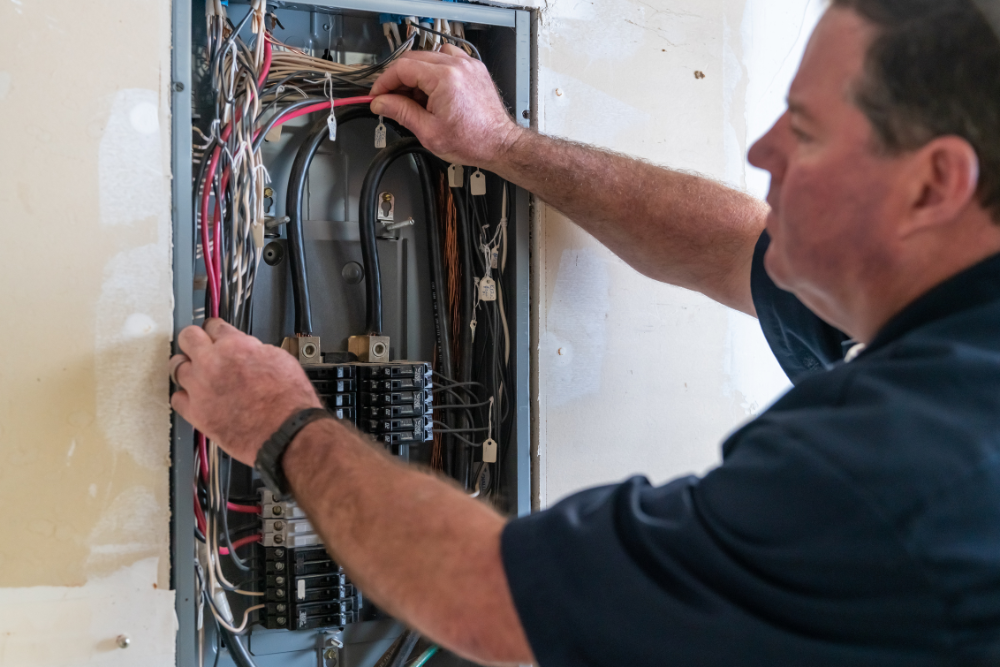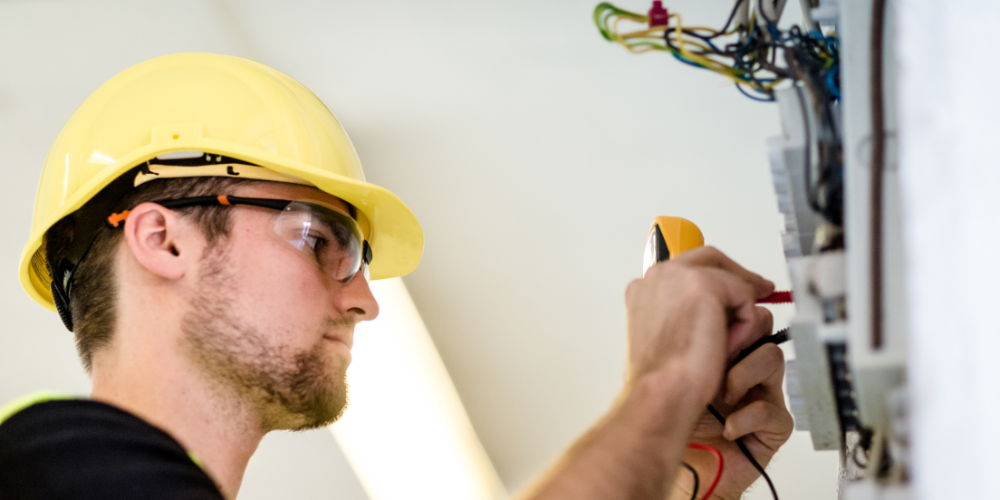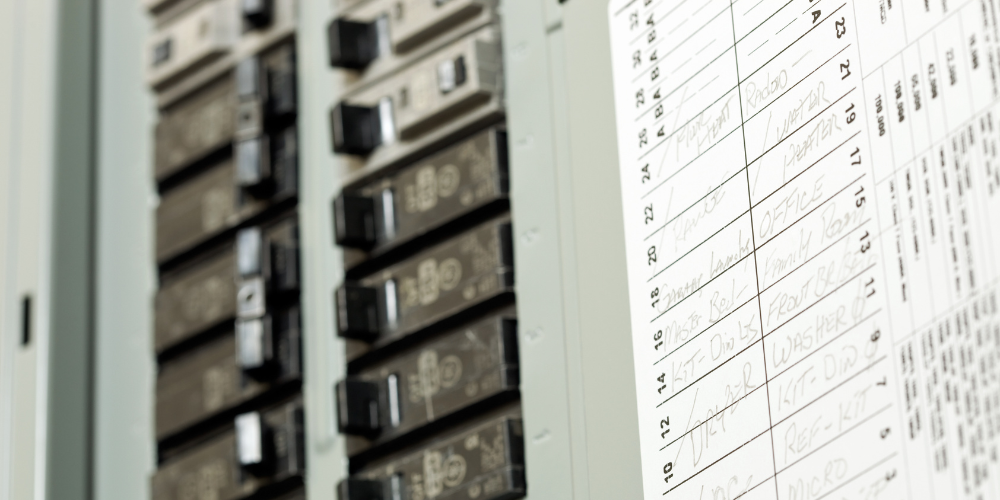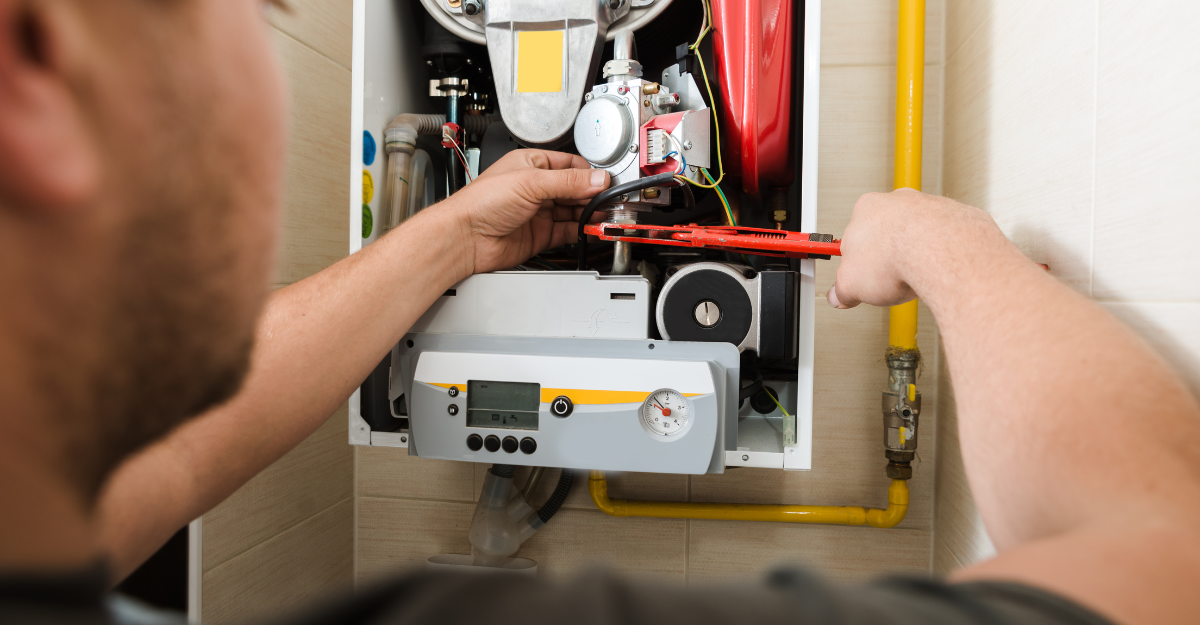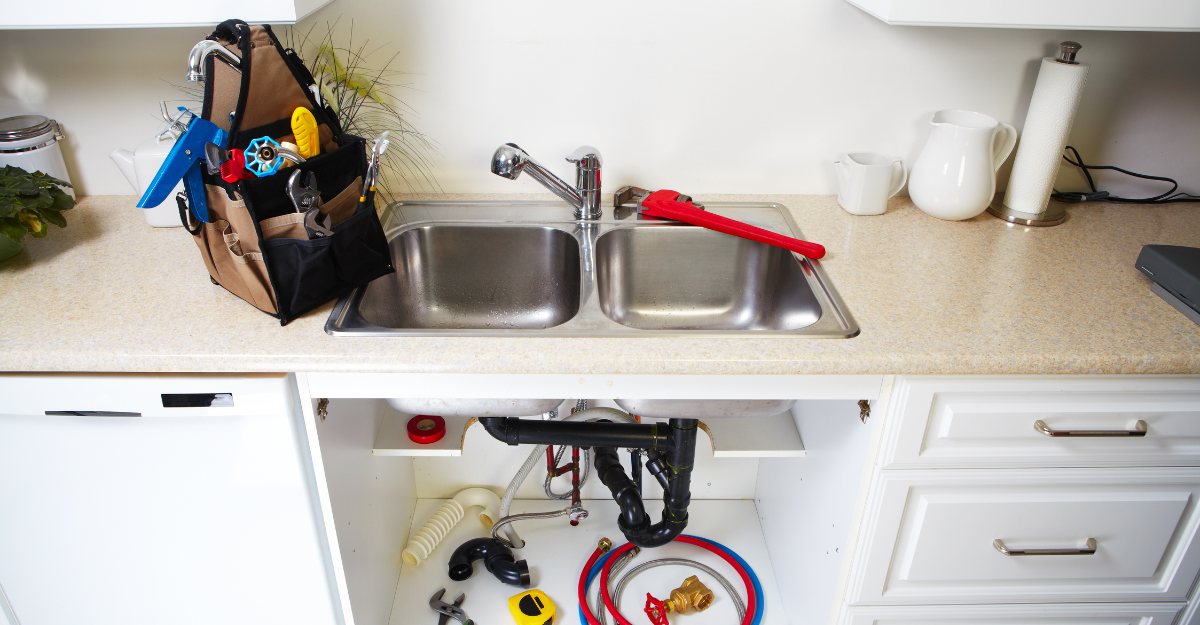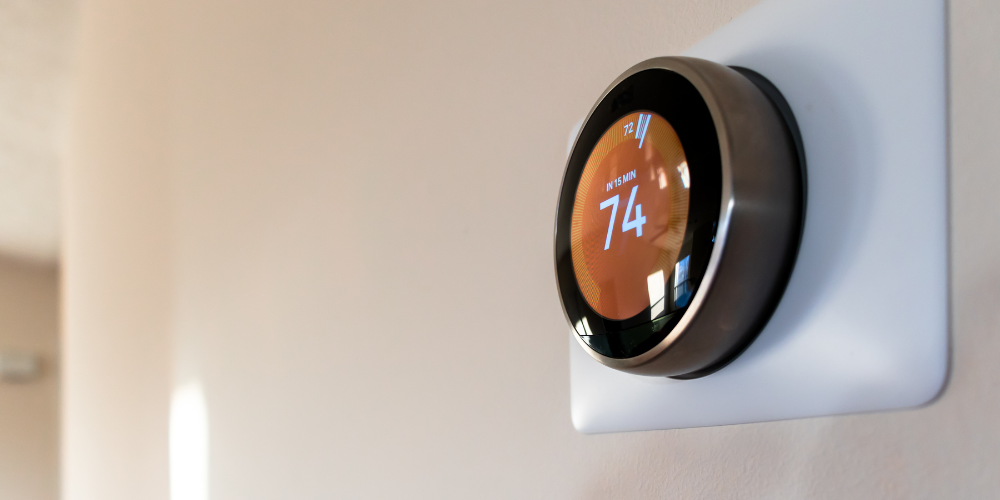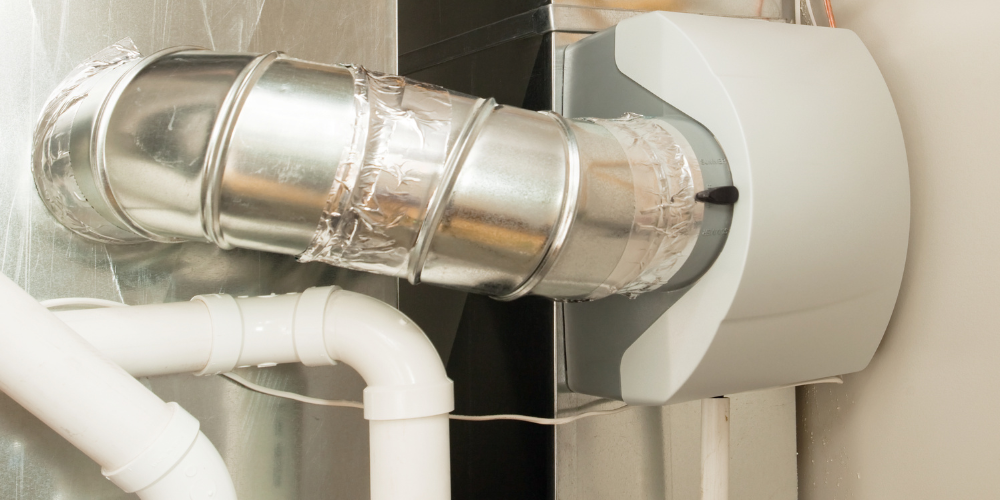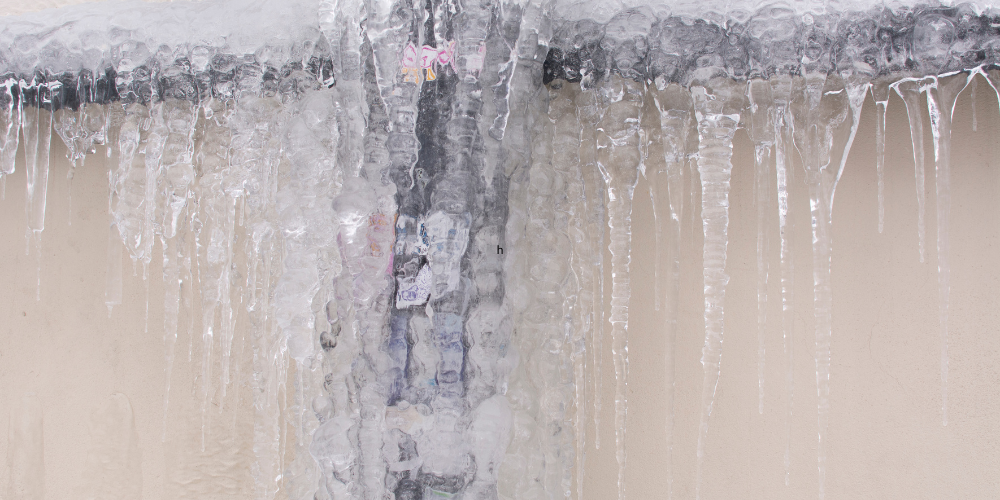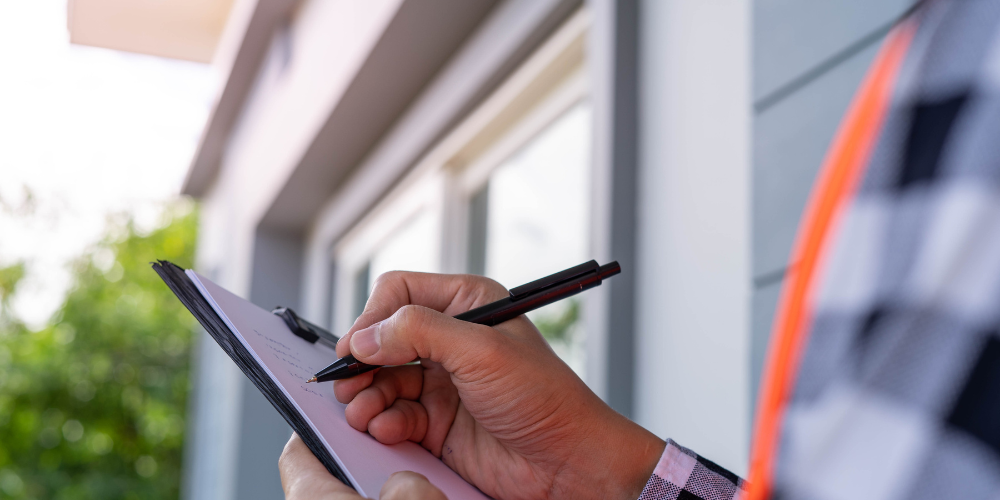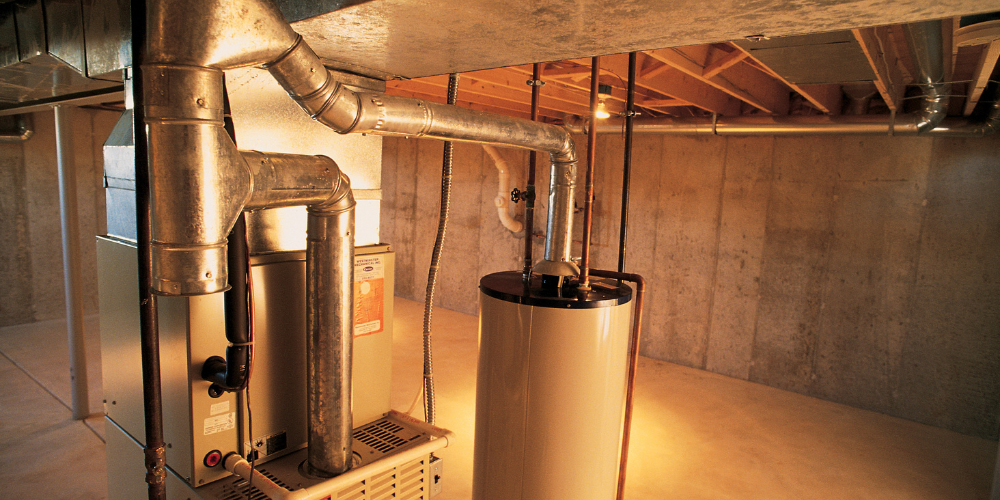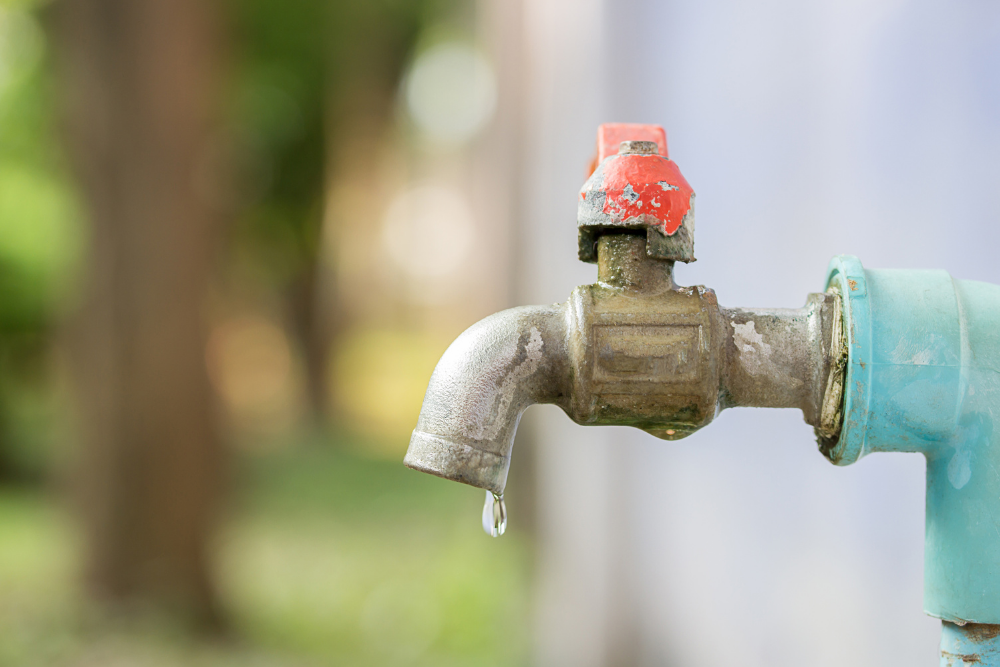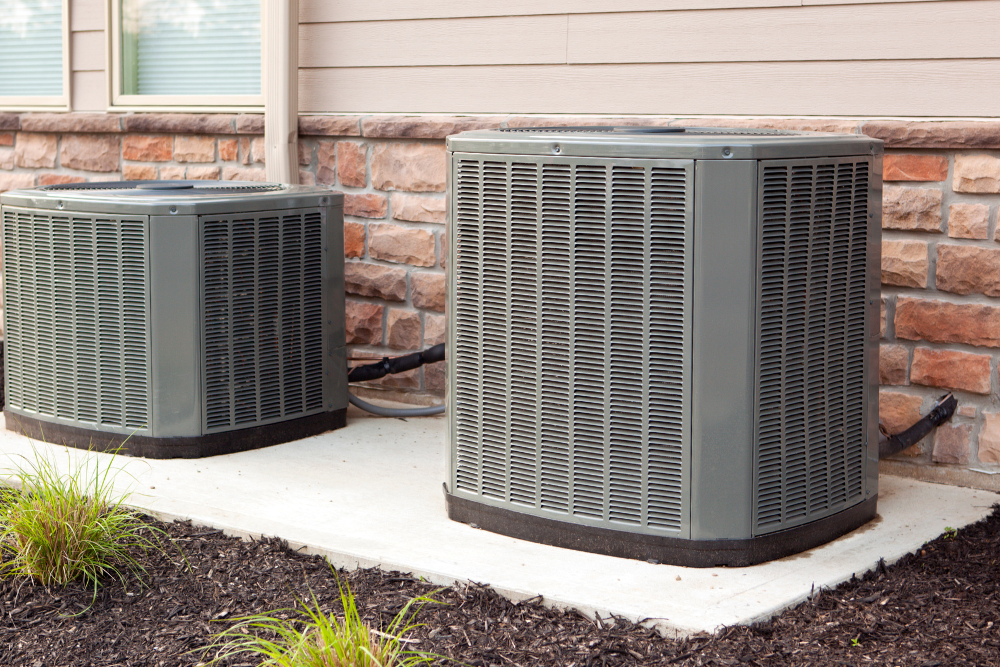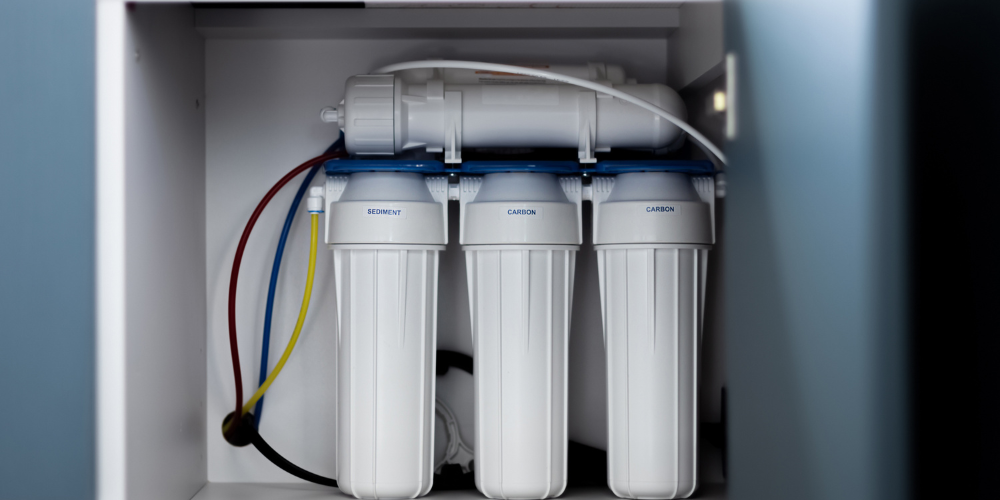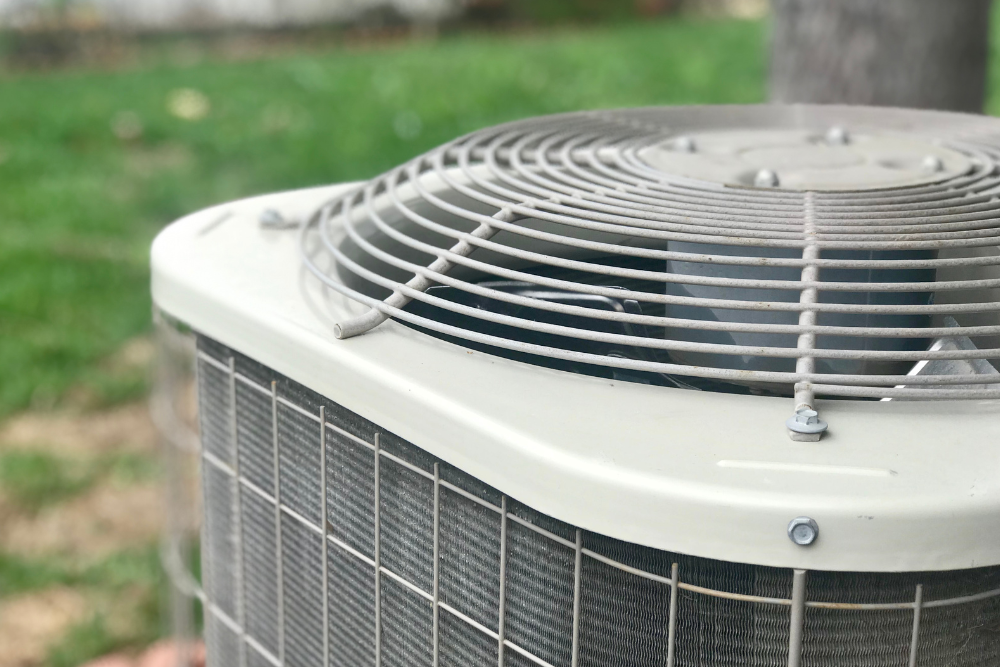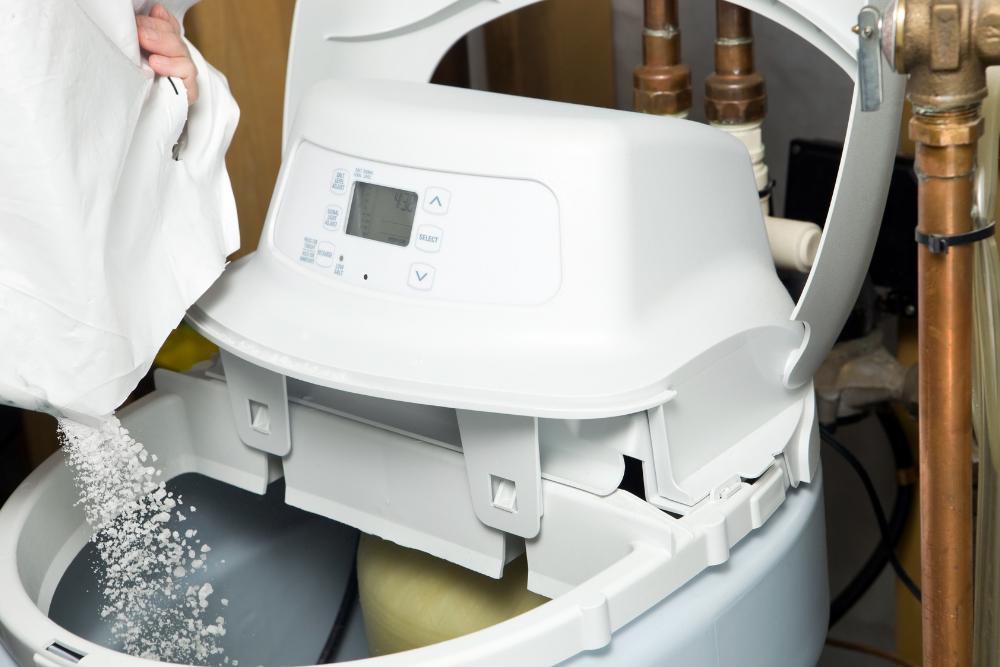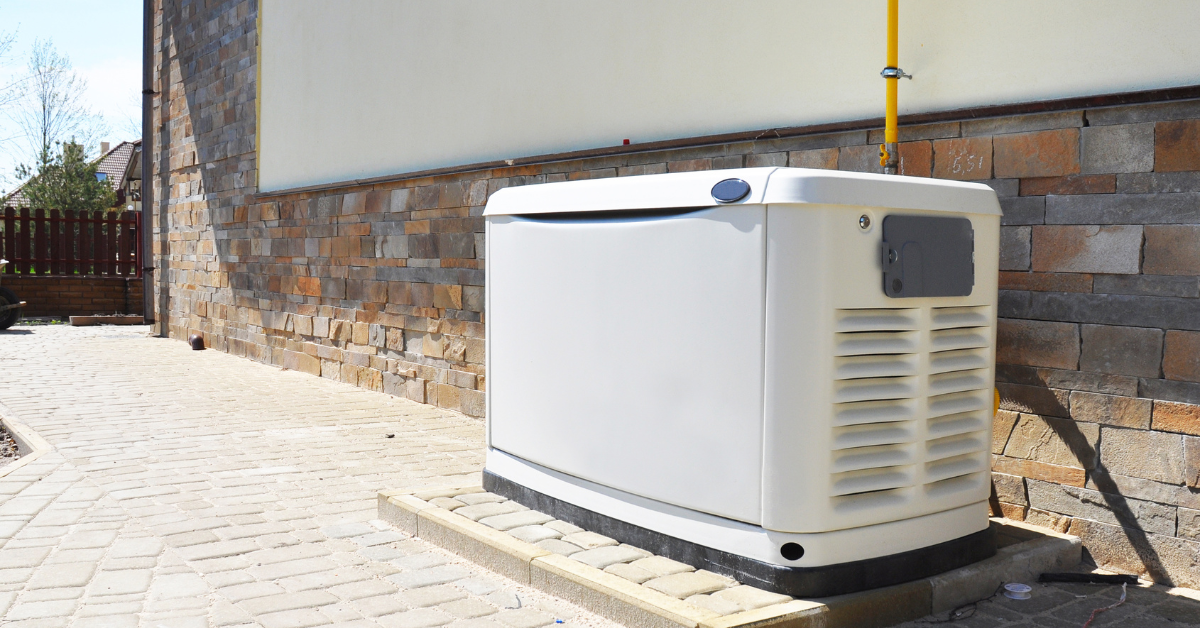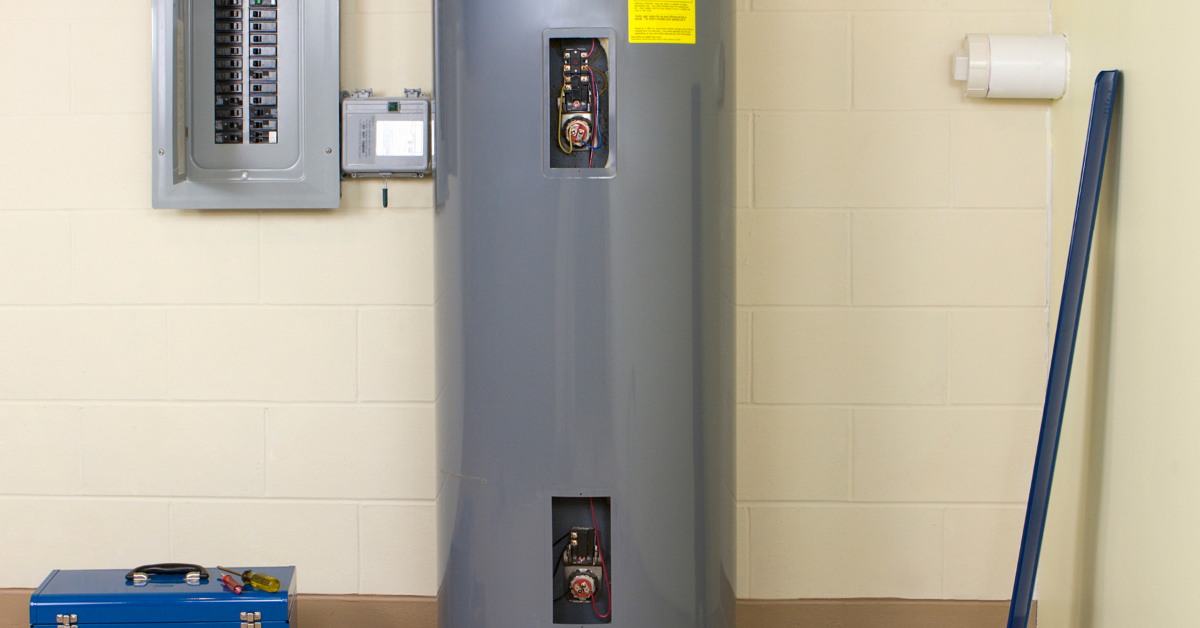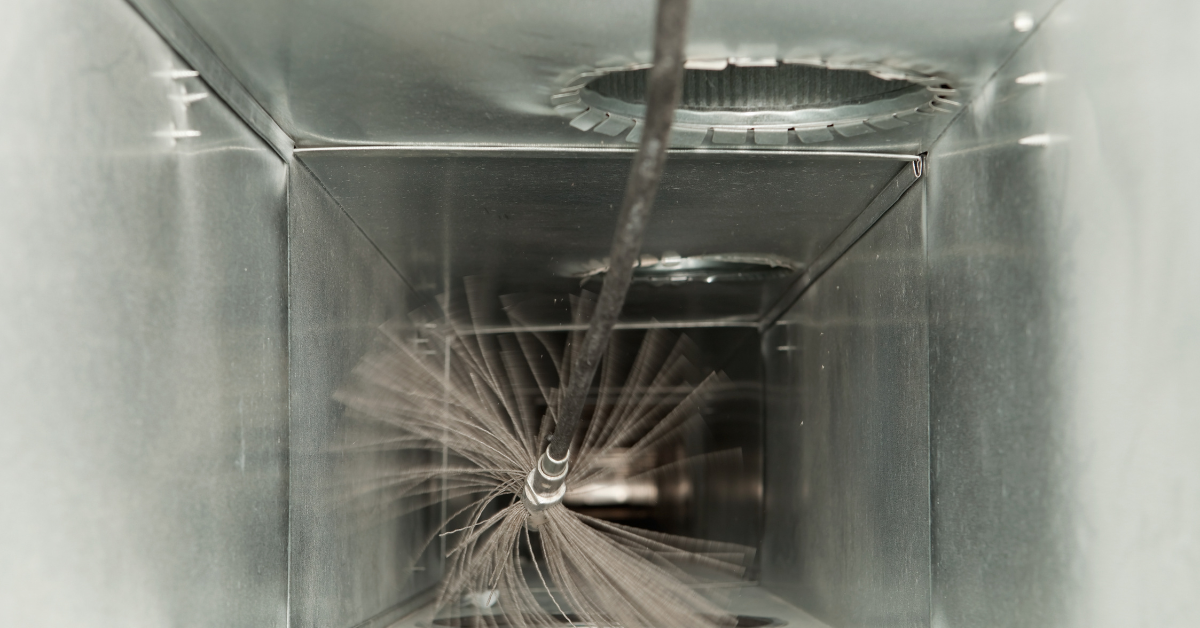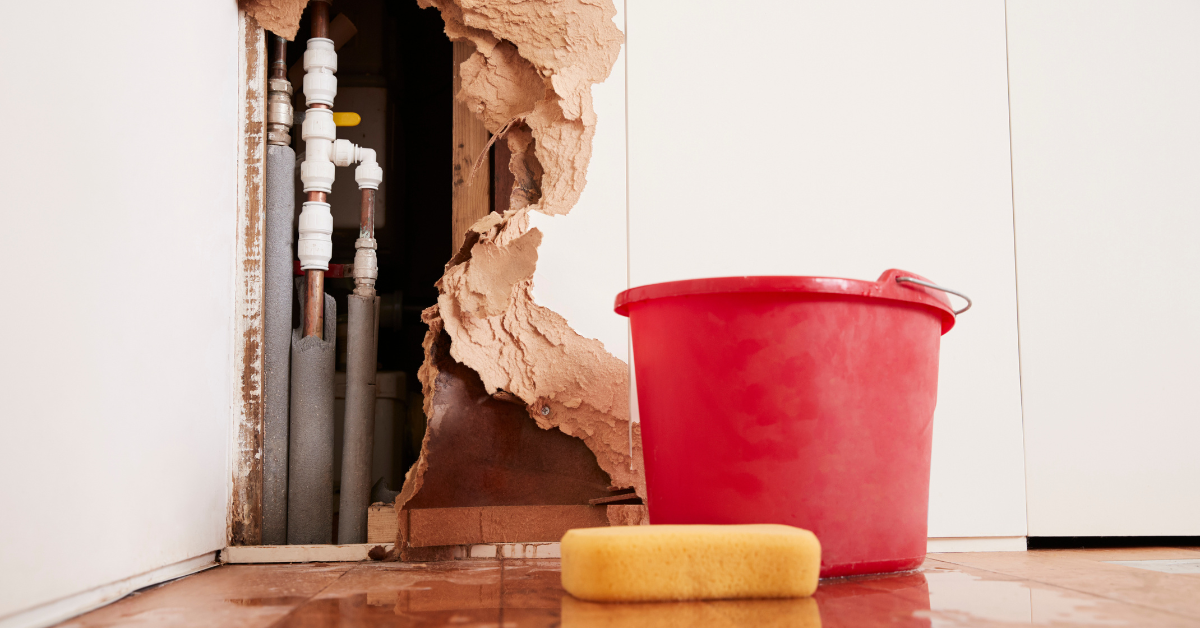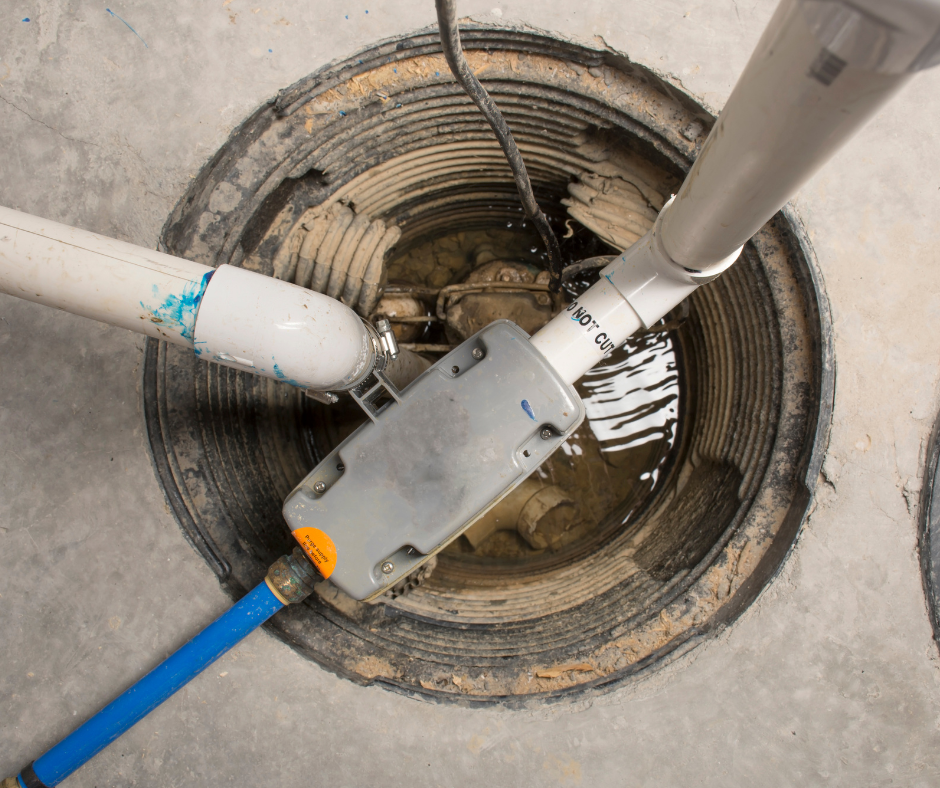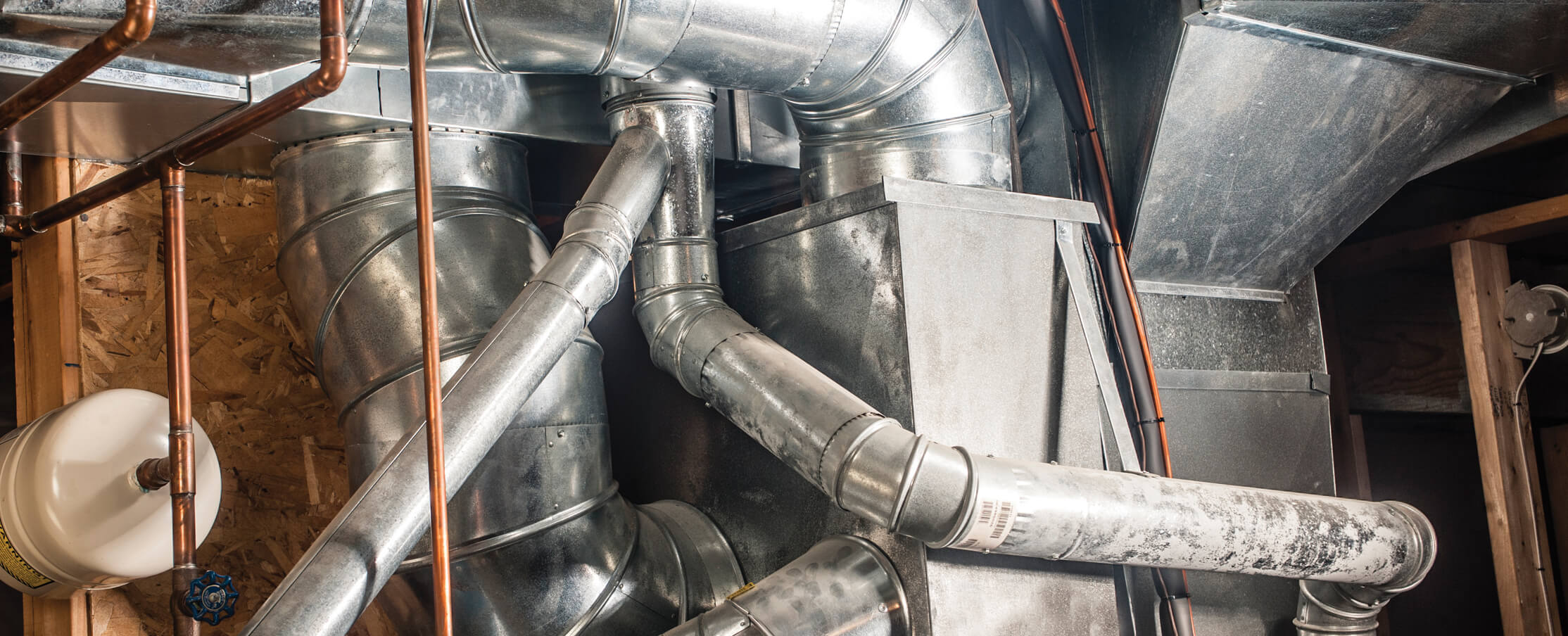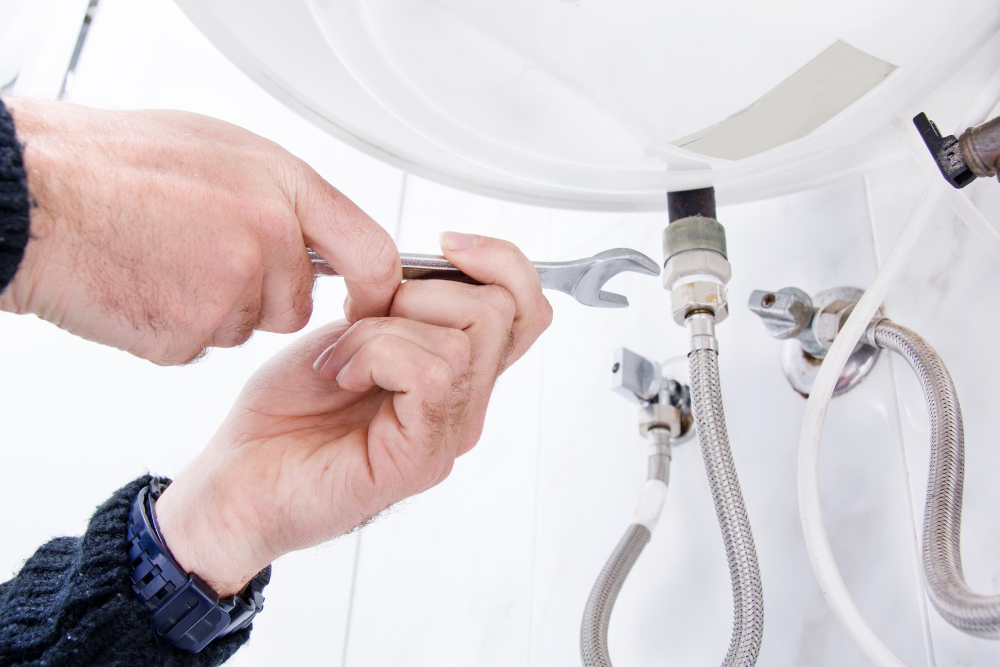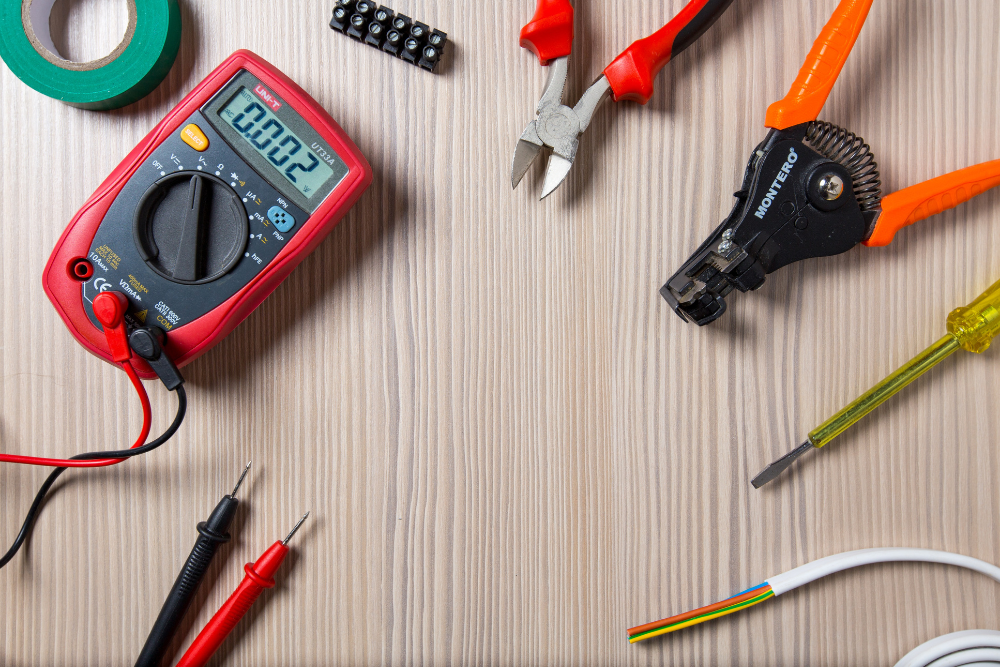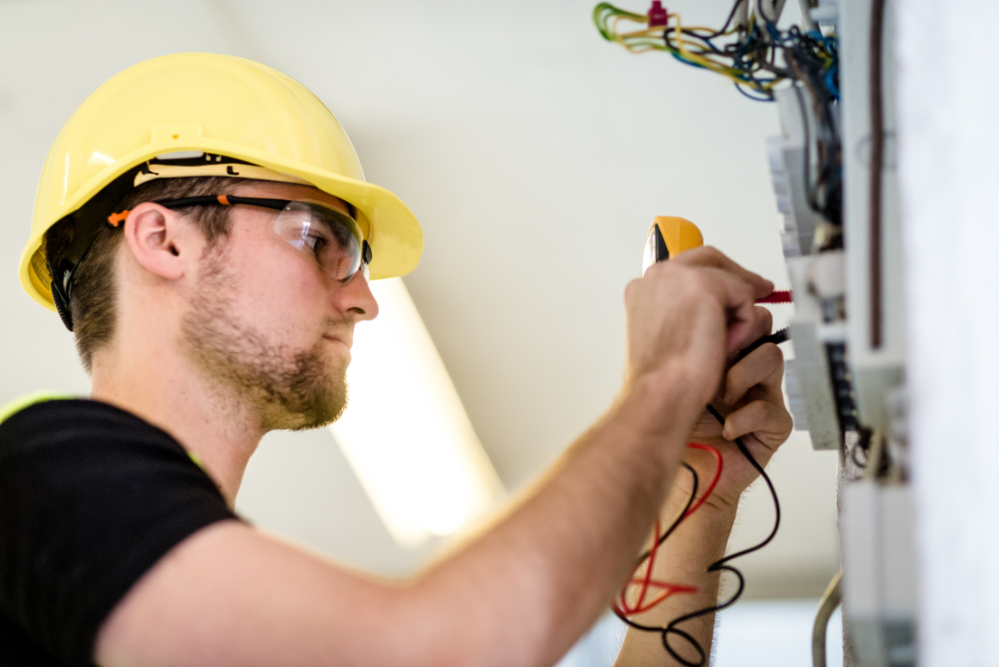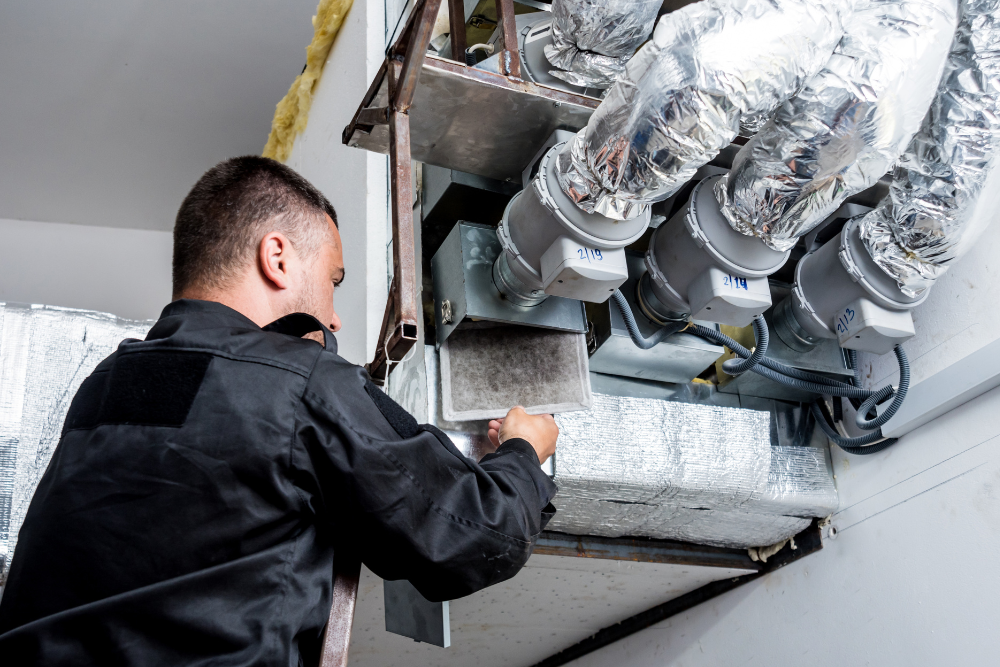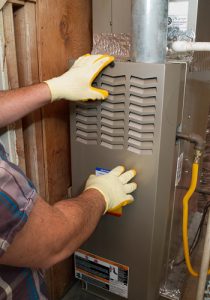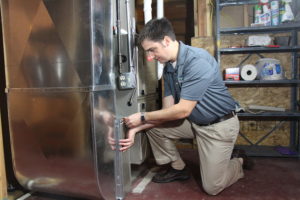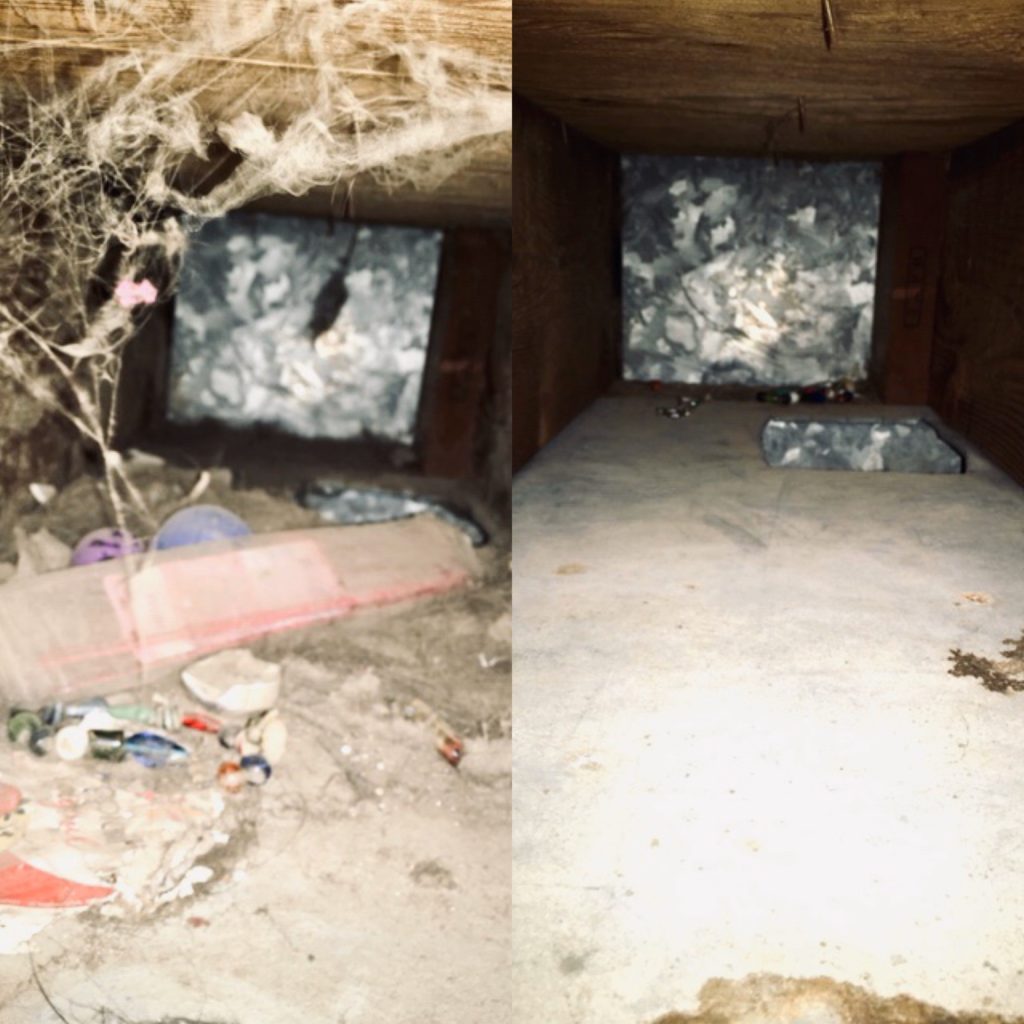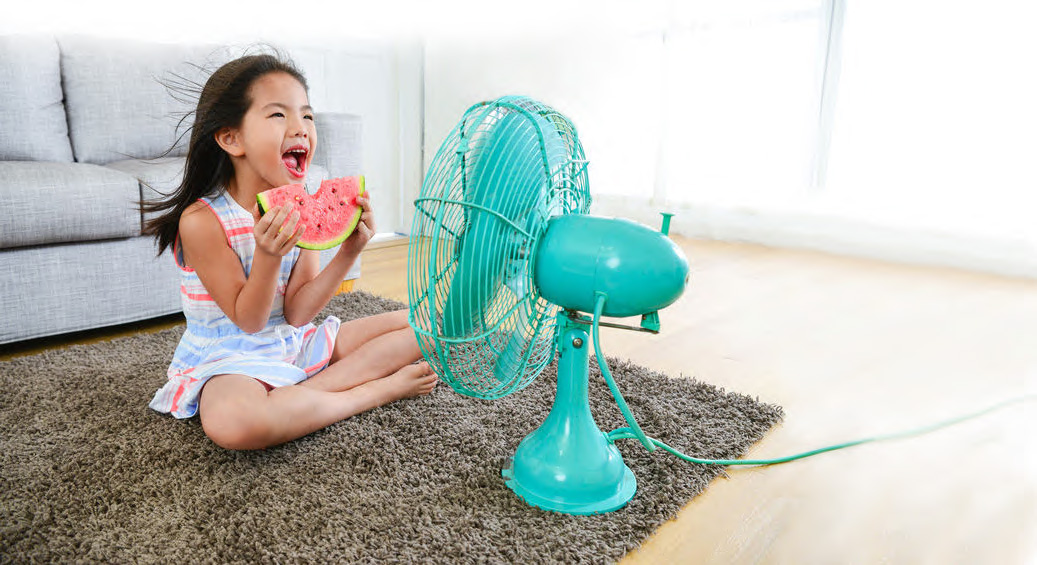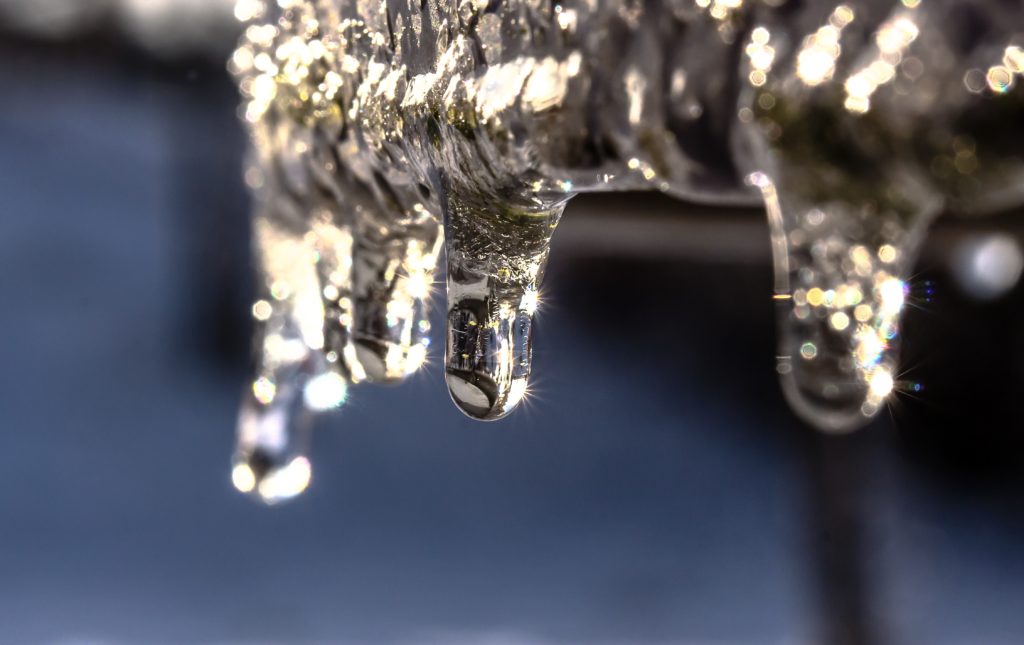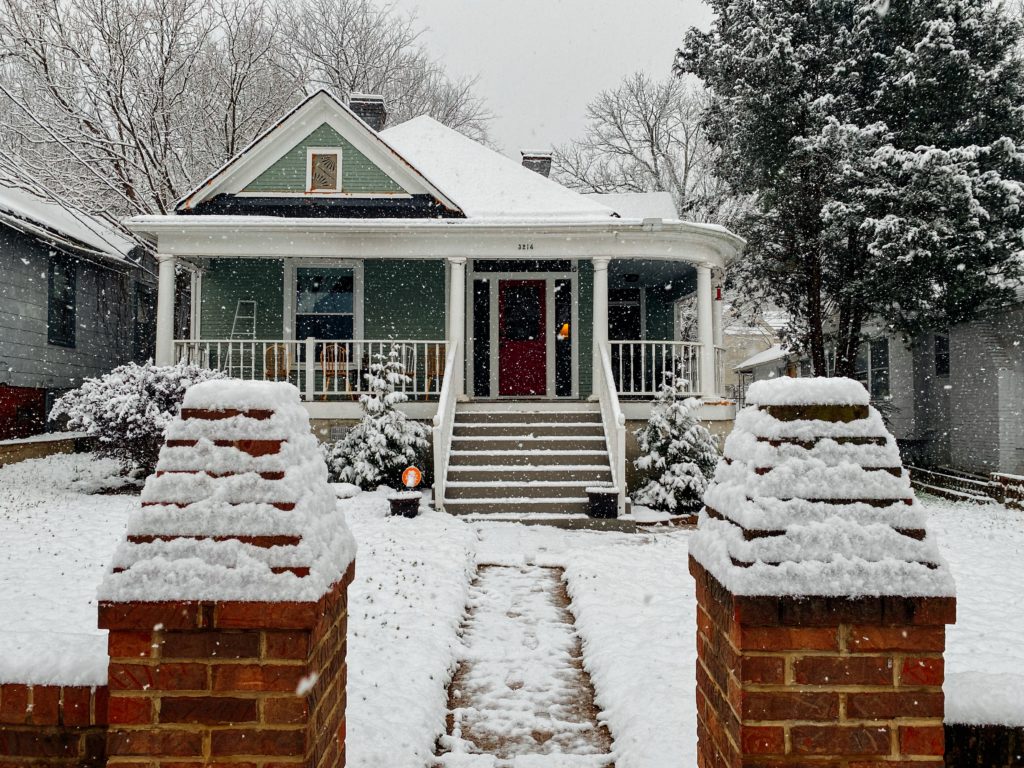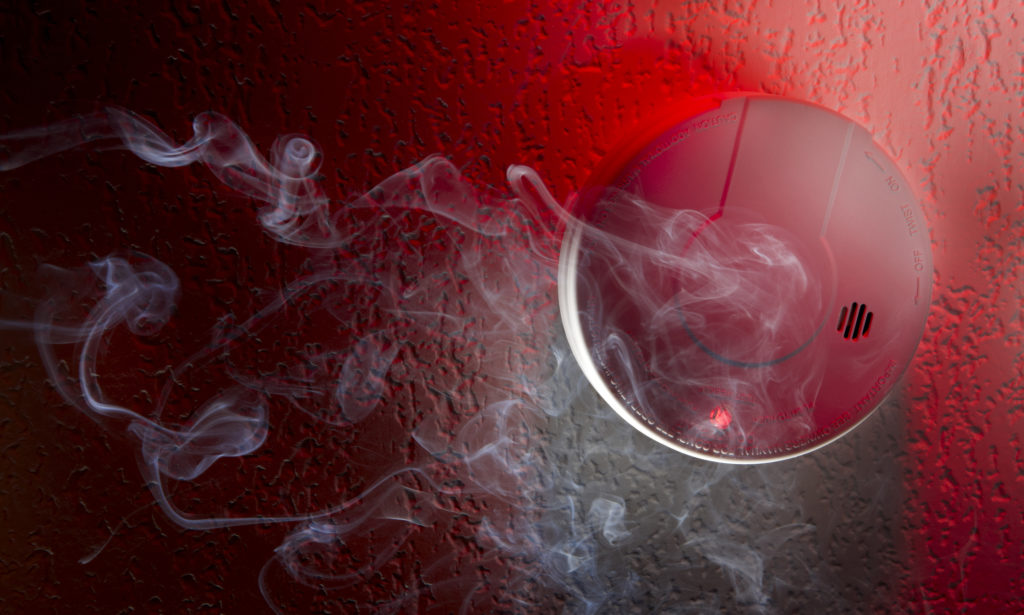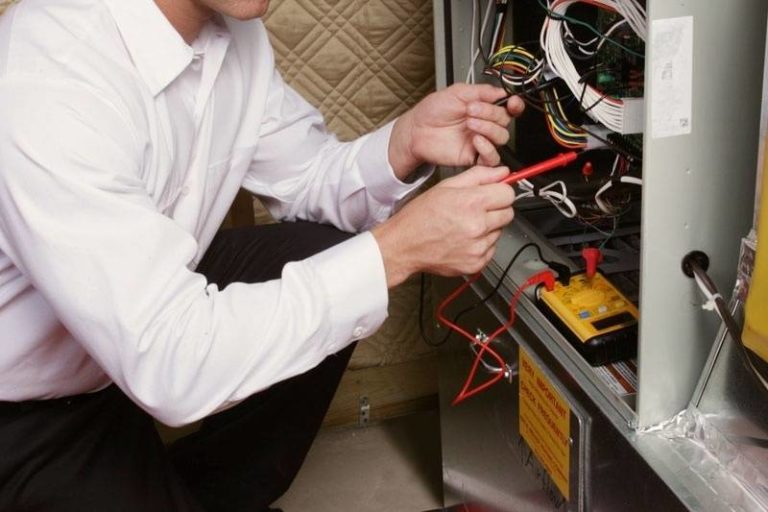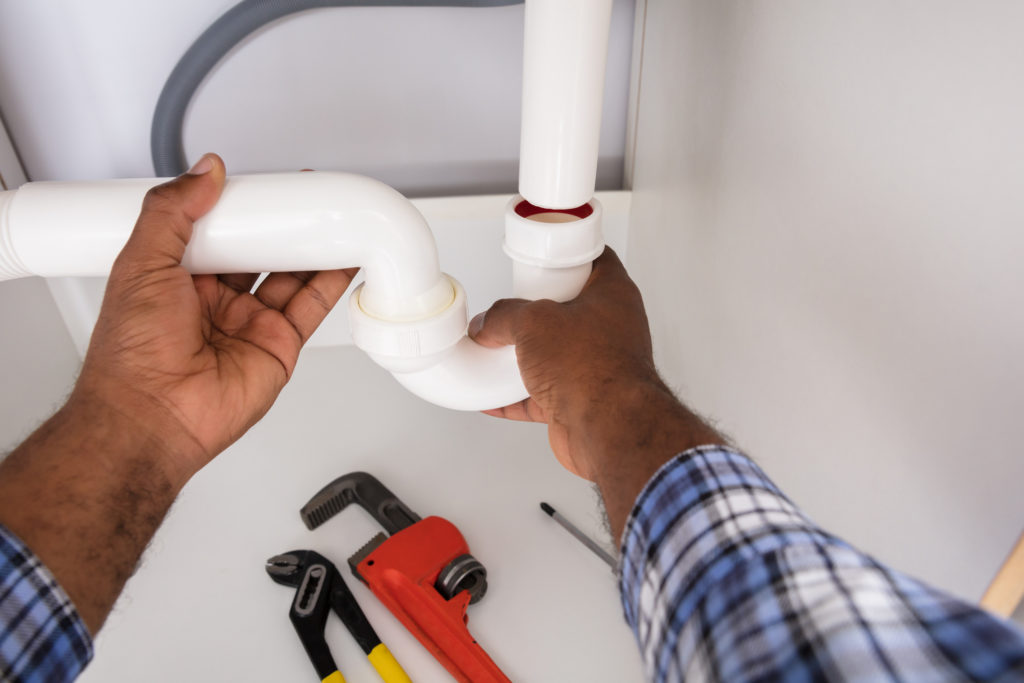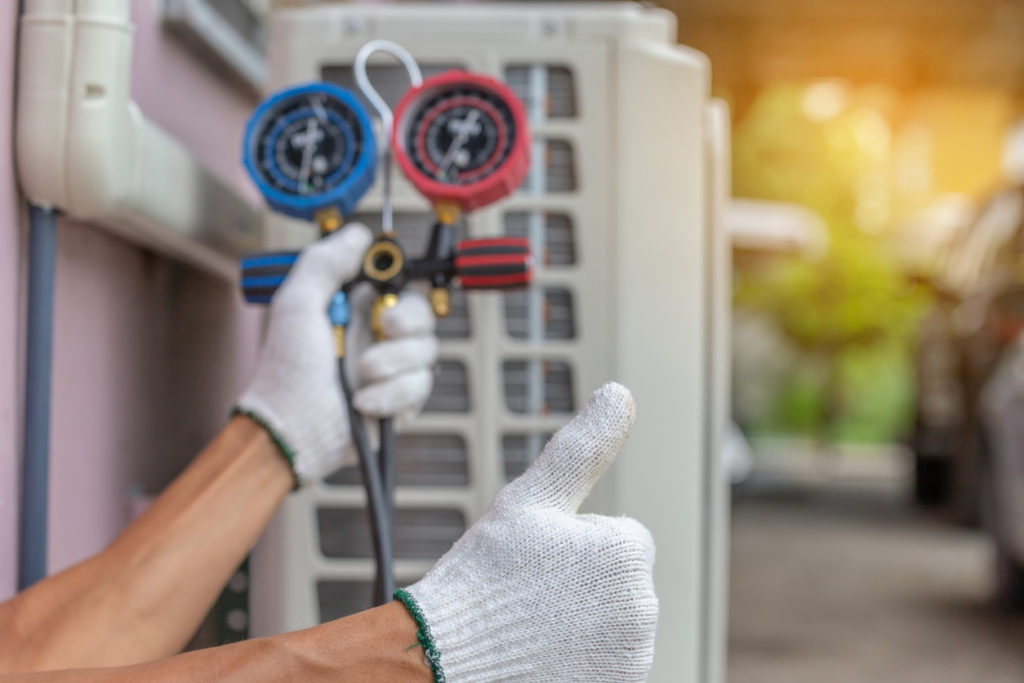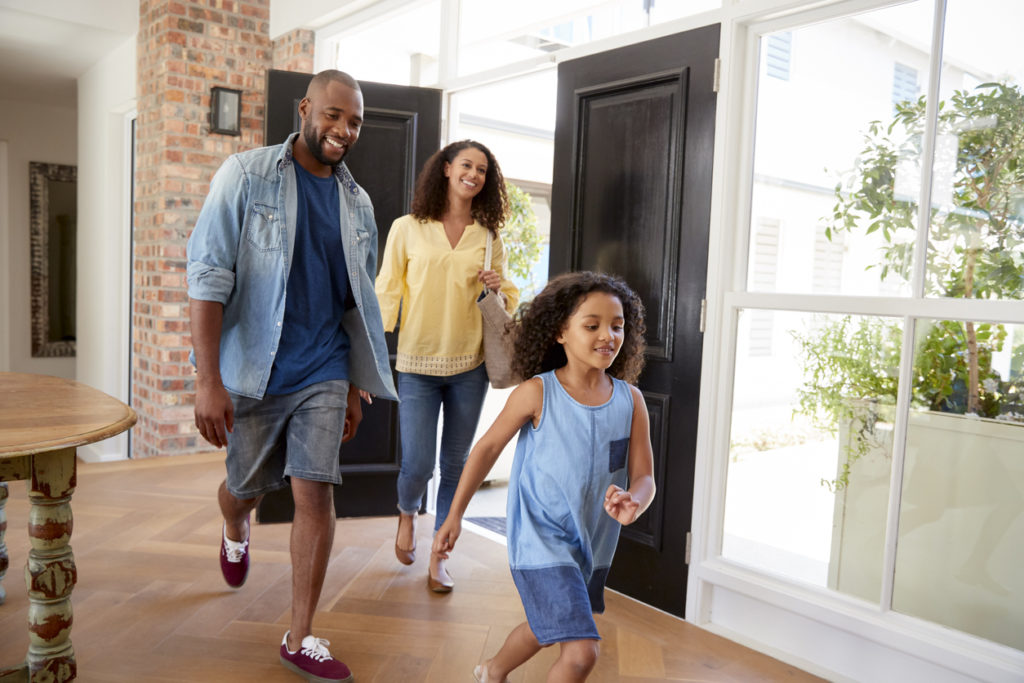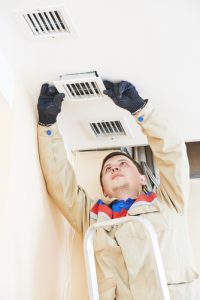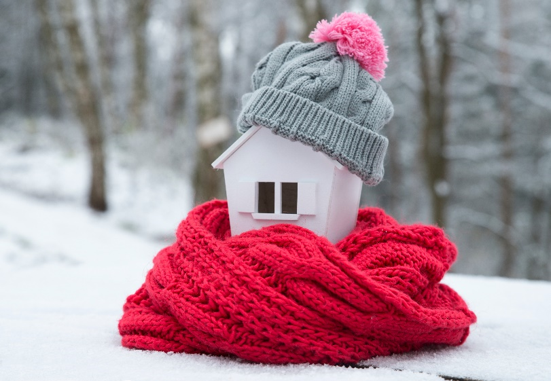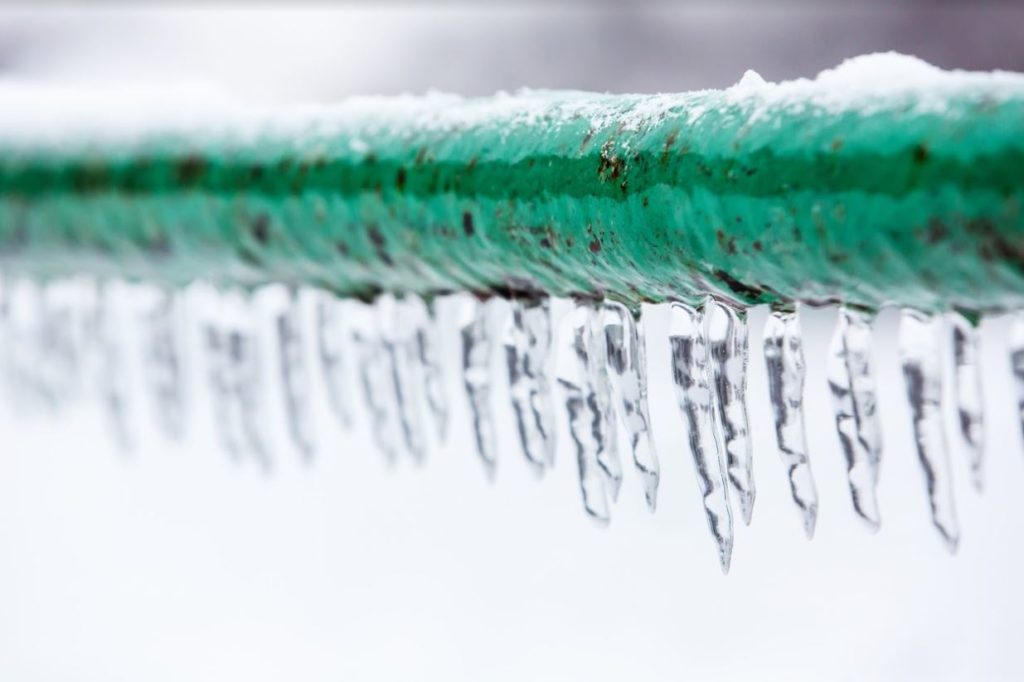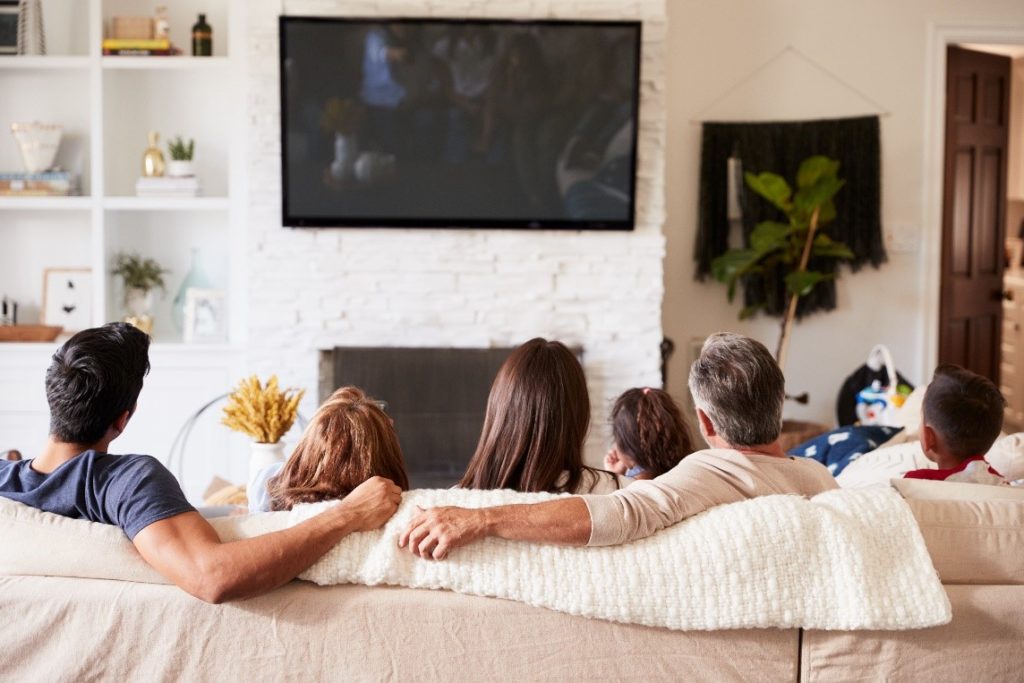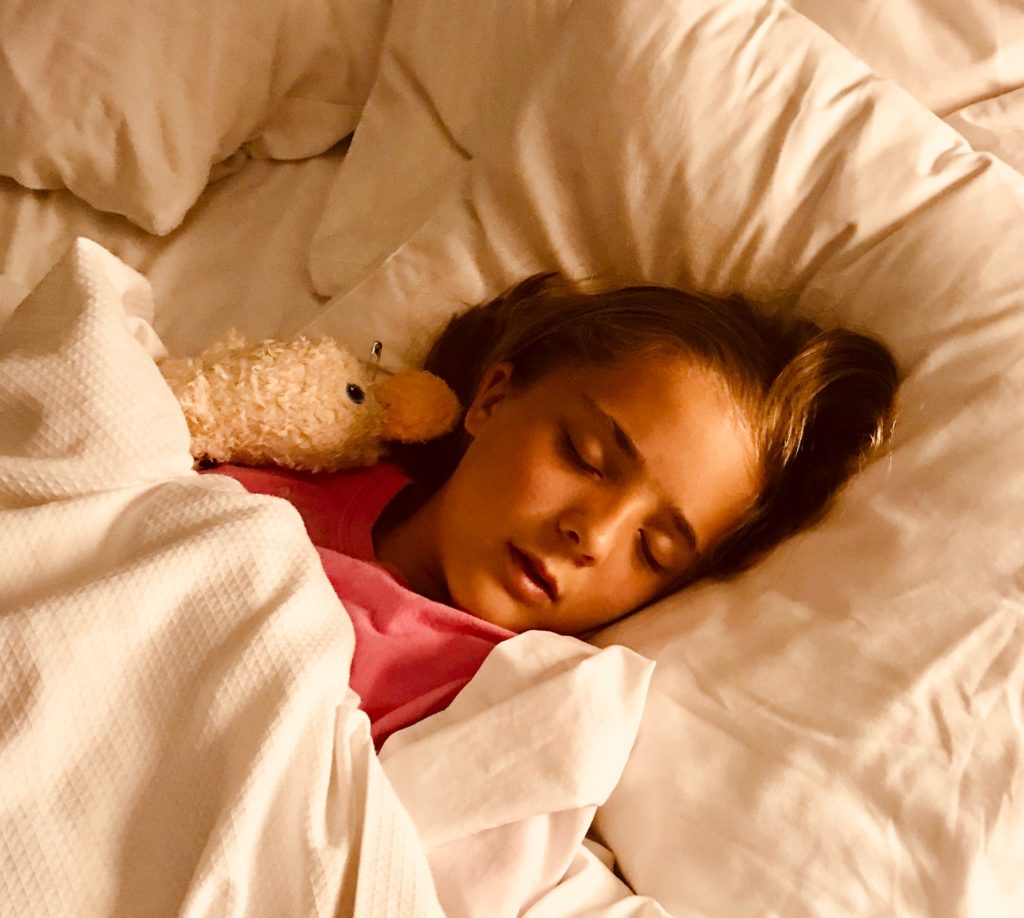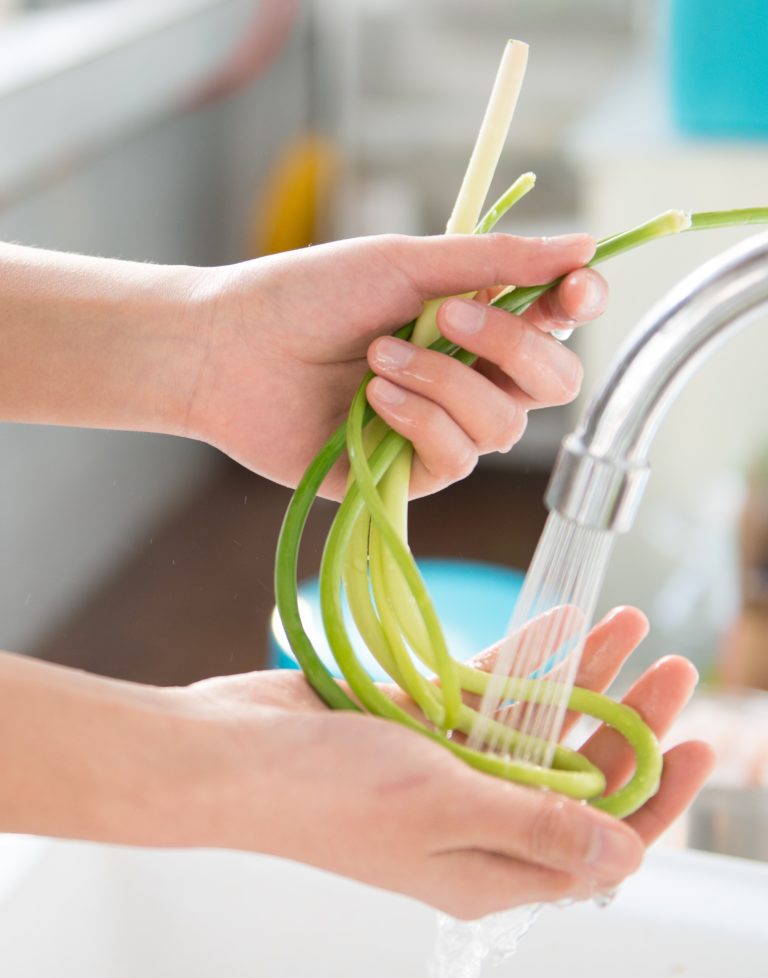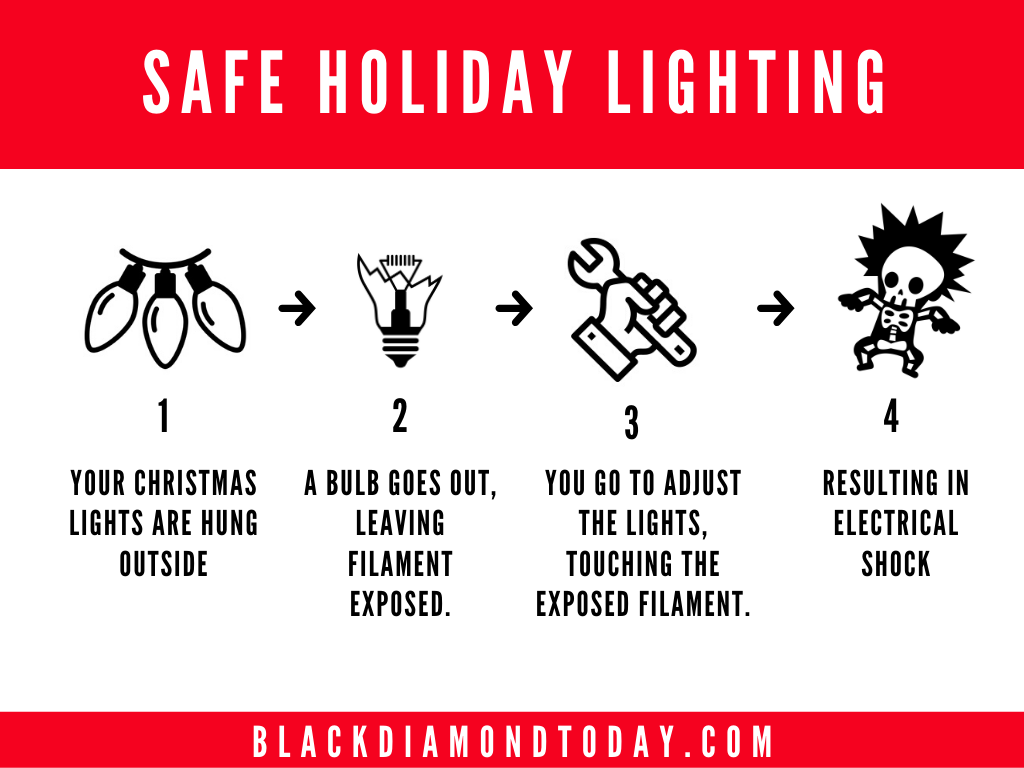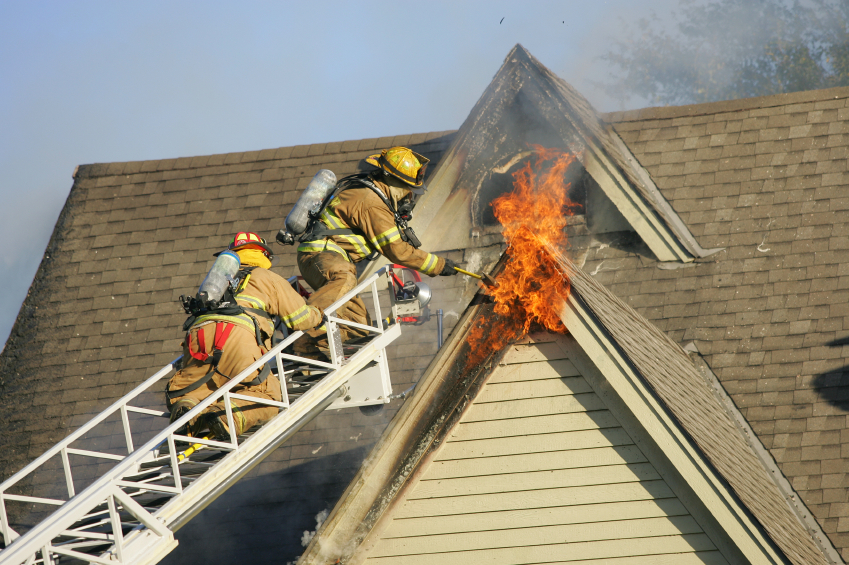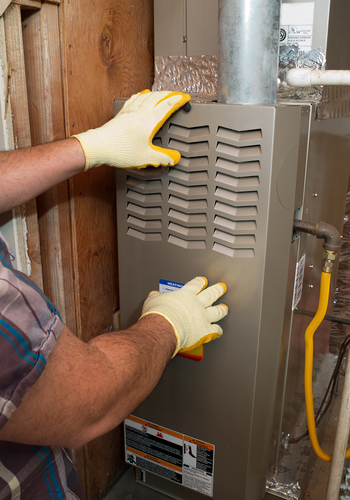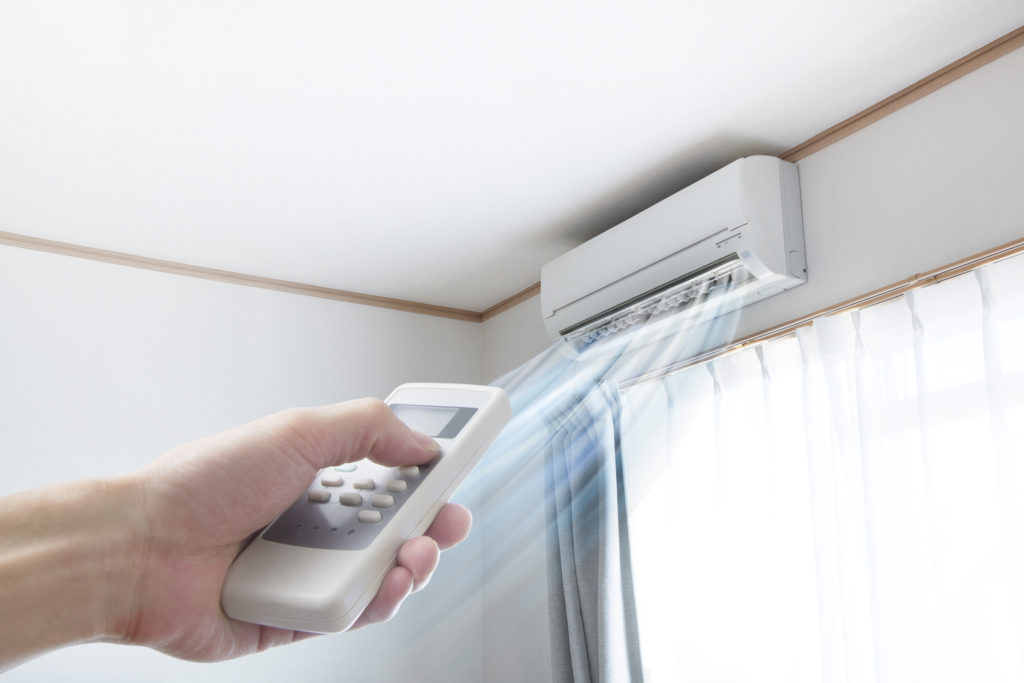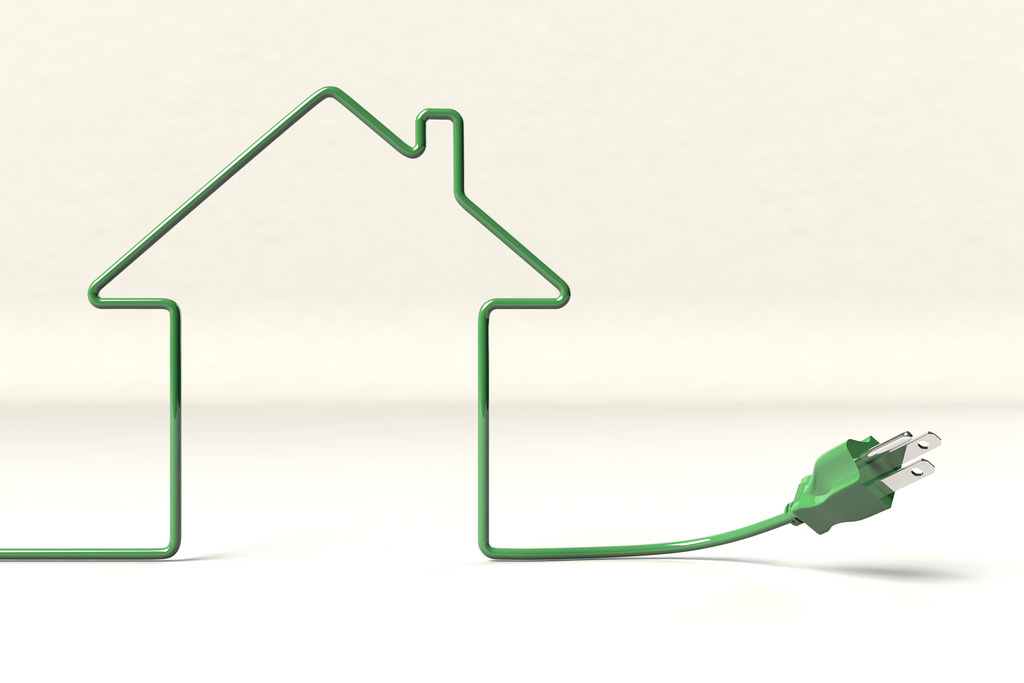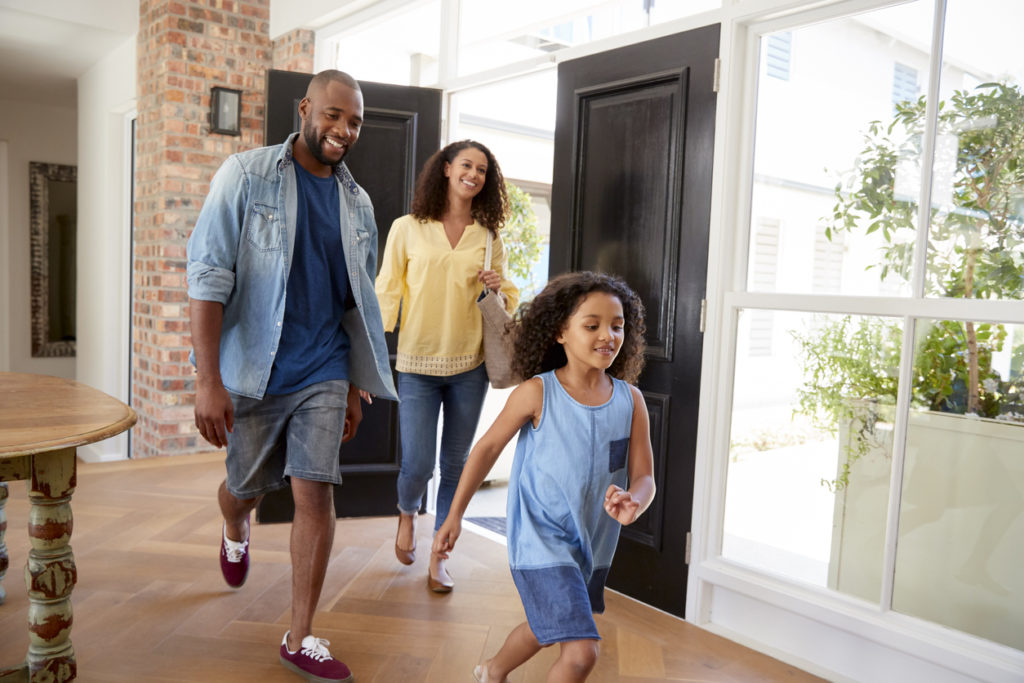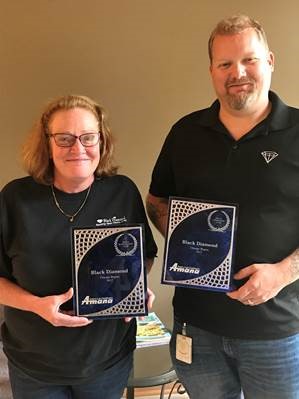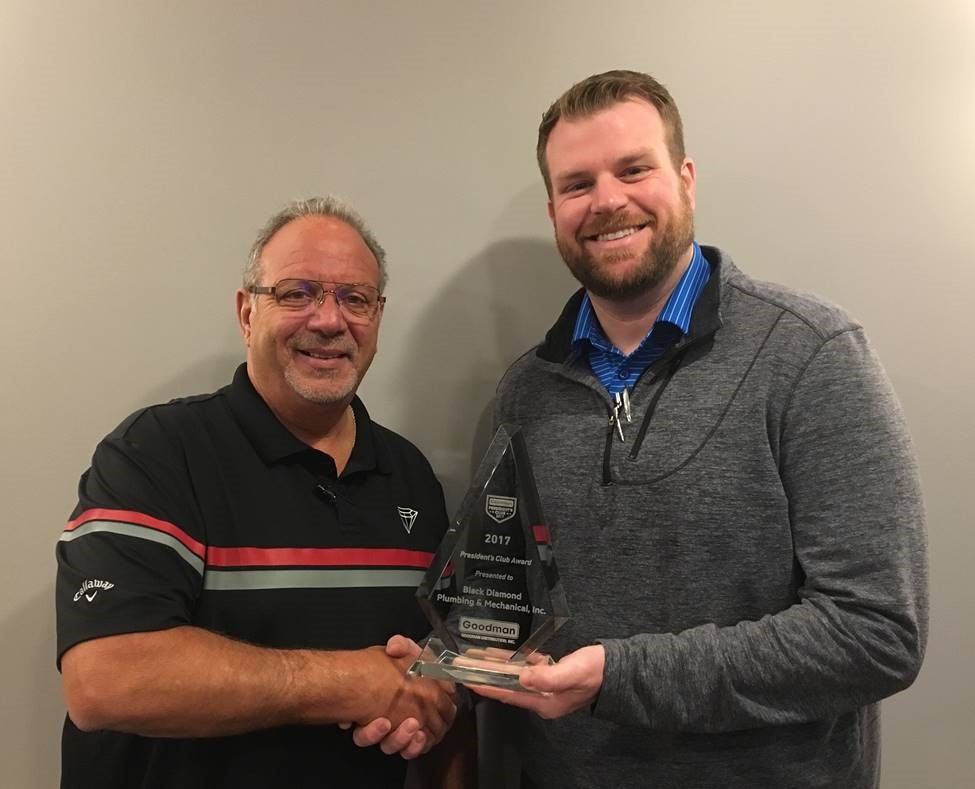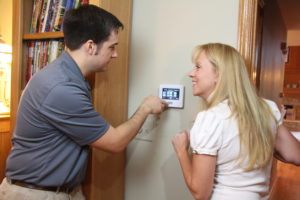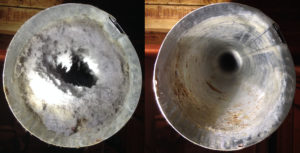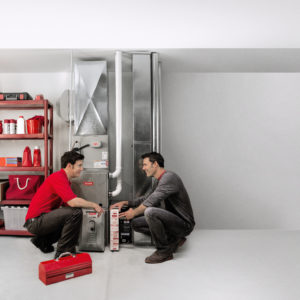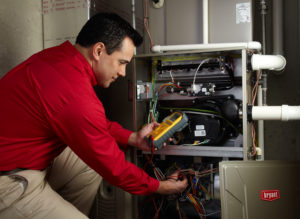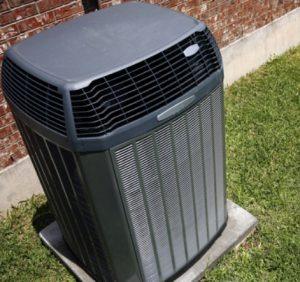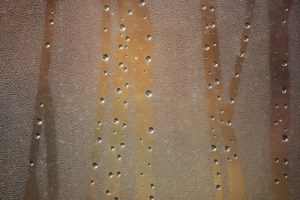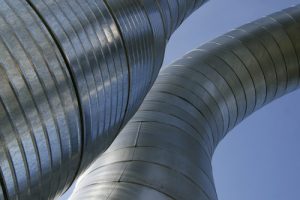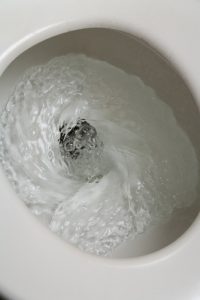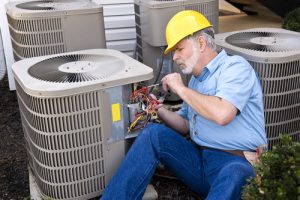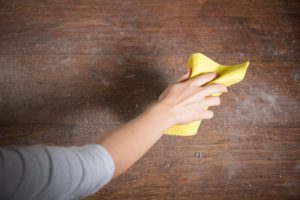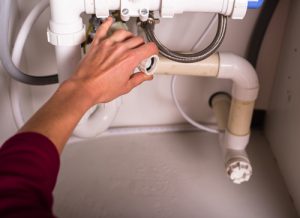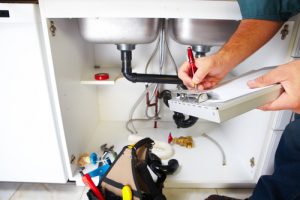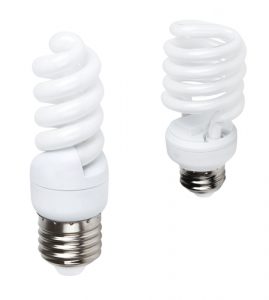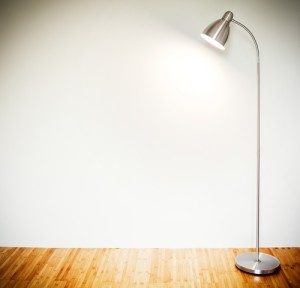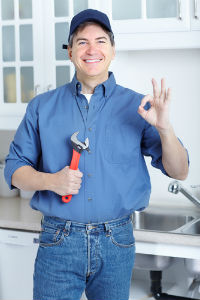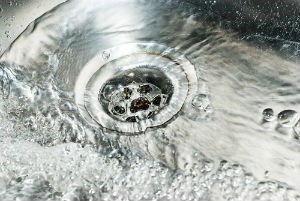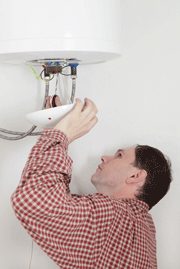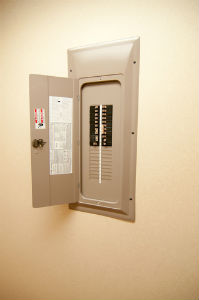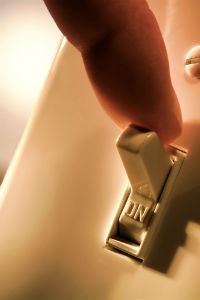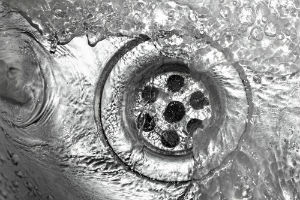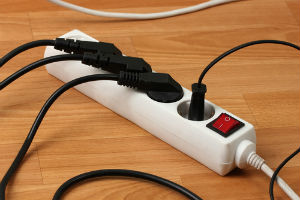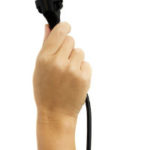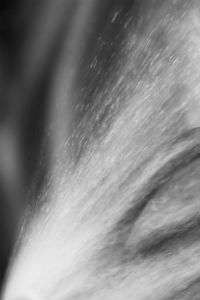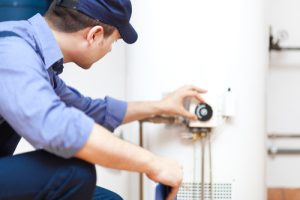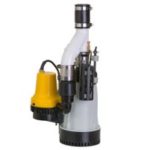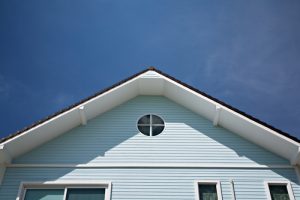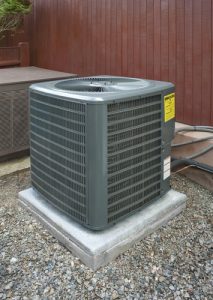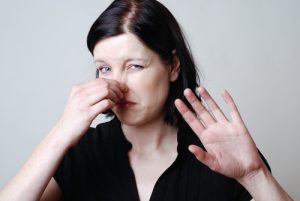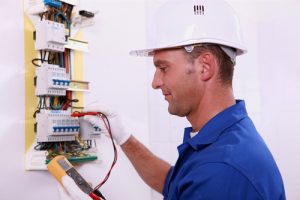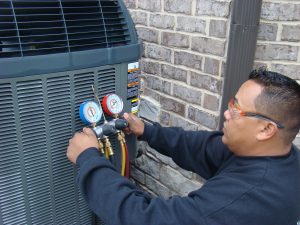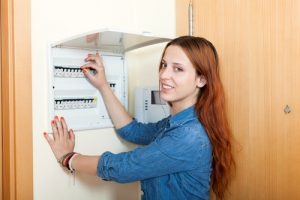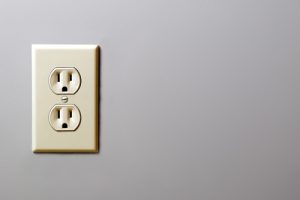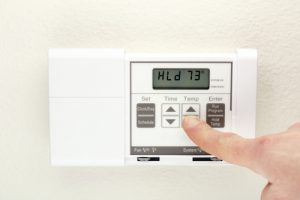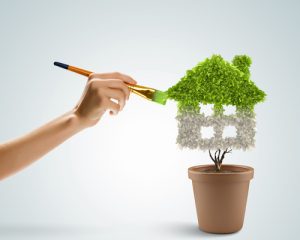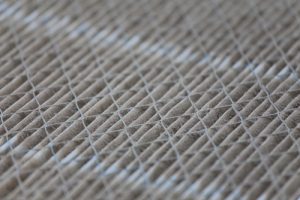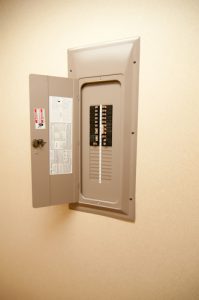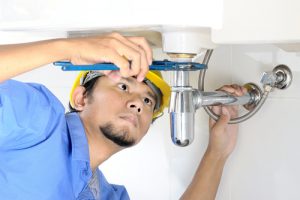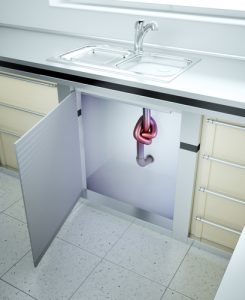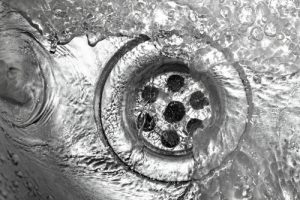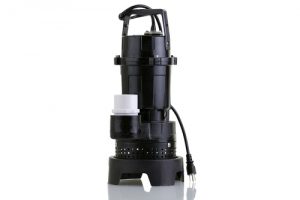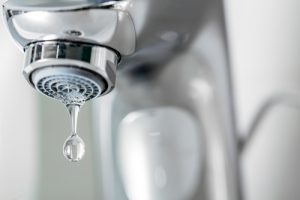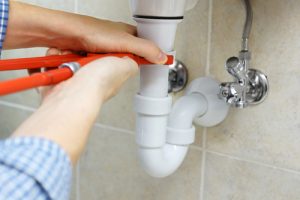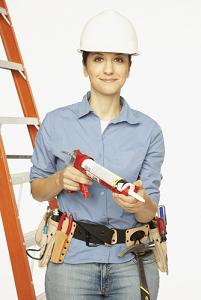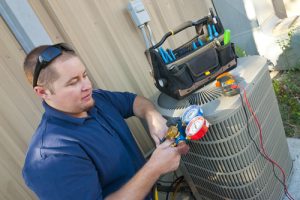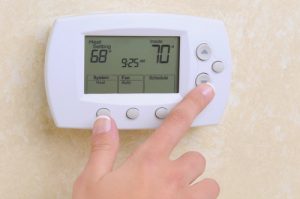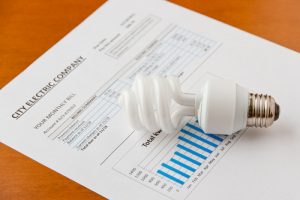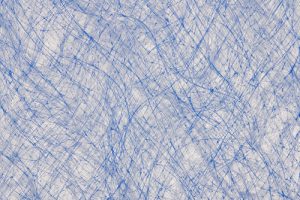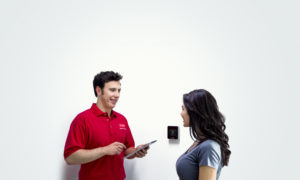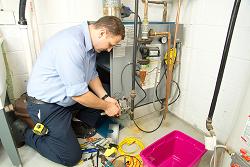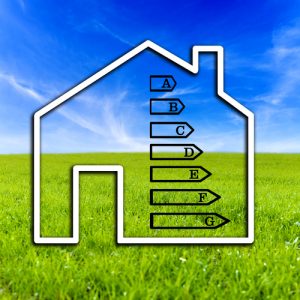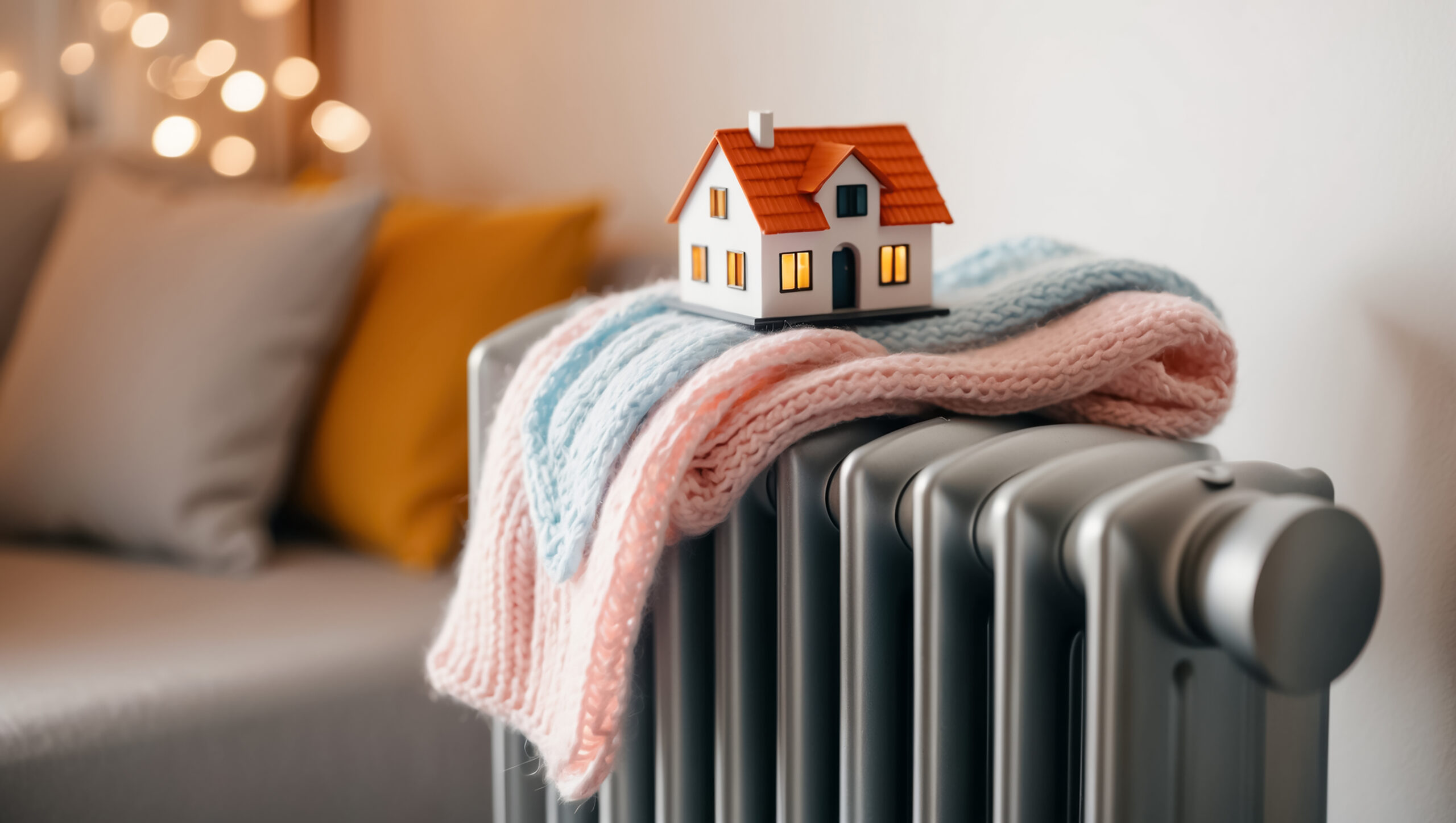Understanding the Impact of Humidity in Your Home and How to Control It

You probably look at humidity from a different perspective than a HVAC technician. You recognize humidity in your Chicago area home in the steamed mirror in the bathroom, condensation on window panes in winter, and mold or mildew in the basement. An HVAC contractor considers the right level of relative humidity to be an important component of good indoor air quality and will combine experience and equipment to provide your home with the ideal balance of humidity.
What is Humidity?
Humidity is the amount of water vapor in your home’s indoor air. Some key points:
- Too low a humidity level, and everyone has dry, itchy throats and eyes.
- If your home humidity level is too high, dust mites, mold and mildew thrive.
- Absolute humidity is the weight of water vapor in a given volume of air, without taking temperature into account.
- Relative humidity is the relationship between the amount of water vapor in the air at a given temperature and the maximum amount of water vapor the air could hold.
Relative humidity is the most useful measure for heating and cooling purposes as it affects humans (and our pets). Relative humidity is used to describe outdoor air. In summer, as the outdoor relative humidity climbs, humans cannot evaporate enough perspiration from skin to feel comfortable. The goal of a good homeowner, HVAC contractor and HVAC equipment is to separate untreated, outdoor air from indoor air. The indoor air is treated to strike the perfect balance of home humidity for all seasons.
Negative Effects of High Home Humidity
Because our comfort is so important to us, we have invented a lot of words to describe the uncomfortable feeling that high humidity inflicts: muggy, steamy, clammy, sticky, stifling and sweltering, among many. The effects of high home humidity, though, go beyond mere discomfort:
- Dust mites, living in bedding, upholstery, pillows and soft fabrics, proliferate.
- Allergens bloom in high home humidity levels.
- Bacteria, mold and mildew multiply rapidly in the moist environment of high home humidity.
- Condensation on windows increases; water runs down into the wooden frames, causing rot.
- Moist air gets trapped in corners of ceilings, walls and floors, encouraging mold growth
- Wallpaper peels.
- Algae grow on surfaces.
A good summertime goal is to get your home humidity level to around 55 percent, with a year-round range of 40 to 60 percent. This means investing in some method of artificial dehumidification (and, in the winter and spring, humidification if the air becomes too dry) through your HVAC system.
Negative Effects of Low Home Humidity
The Goldilocks principle applies here; just as too moist is not good, neither is too dry. Your Chicago area home’s humidity level must be just right to suit your individual needs. While you and your HVAC technician can discuss adjustments to the range of 40 to 60 percent humidity for the indoor air, keep in mind the age range of household members, and any health impairments or chronic respiratory concerns. Be sure to consult with your doctor before drastically changing your home humidity.
Some negative home and health effects of low humidity:
- Itchy eyes
- Dry throat
- Dry, cracked skin
- Nosebleeds
- Cracked, warped wood on floors or in furniture
- Caulks and glues shrink and weaken
- Static electricity builds up and can shock people or electronics
Controlling Home Humidity
Portable or built-in devices will control humidity. Portable dehumidifiers will handle small spaces, while whole-house dehumidifiers are built into HVAC systems. Some central air conditioners do an excellent job of removing excess moisture. Talk to your HVAC contractor about whole-house options:
- A humidifier and a dehumidifier treat all the indoor air, evening out humidity levels and even helping to clean the air.
- These operate as needed whenever the HVAC system works, moisturizing warm air or dehumidifying cool air.
- The appliances are automatic, adjusting home humidity to your desired level.
- The humidifier and dehumidifier both work inside your Chicago-area home’s ducts, out of sight.
- They are maintained and cleaned during annual inspection and servicing of the HVAC system.
- A whole-house humidifier and a dehumidifier are far more energy-efficient than several portable units.
Properly humidified air yields energy savings because moist air holds heat. In winter, elevated humidity levels make air feel warmer at lower temperatures. In summer, drier air feels cooler because of the evaporative effect on your skin. Your HVAC system runs at money-saving levels in both heating and cooling seasons.
For more guidance on getting humidity levels just right in your home, please contact us at Black Diamond Plumbing & Mechanical.
Written by Rick Sperando
Image Provided by Shutterstock.com
Recent Posts
Request Service
Please fill out the form and we will get in touch with you shortly. We look forward to serving you!
Request Service
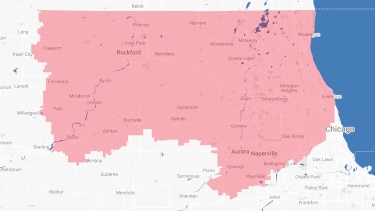
Proudly Serving
The Chicagoland AreaAddison | Algonquin | Antioch | Arlington Heights | Aurora | Barrington | Bartlett | Batavia | Beloit | Belvidere | Bensenville | Bloomingdale | Bolingbrook | Buffalo Grove | Byron | Caledonia | Capron | Carol Stream | And Much More!
VIew ALL

